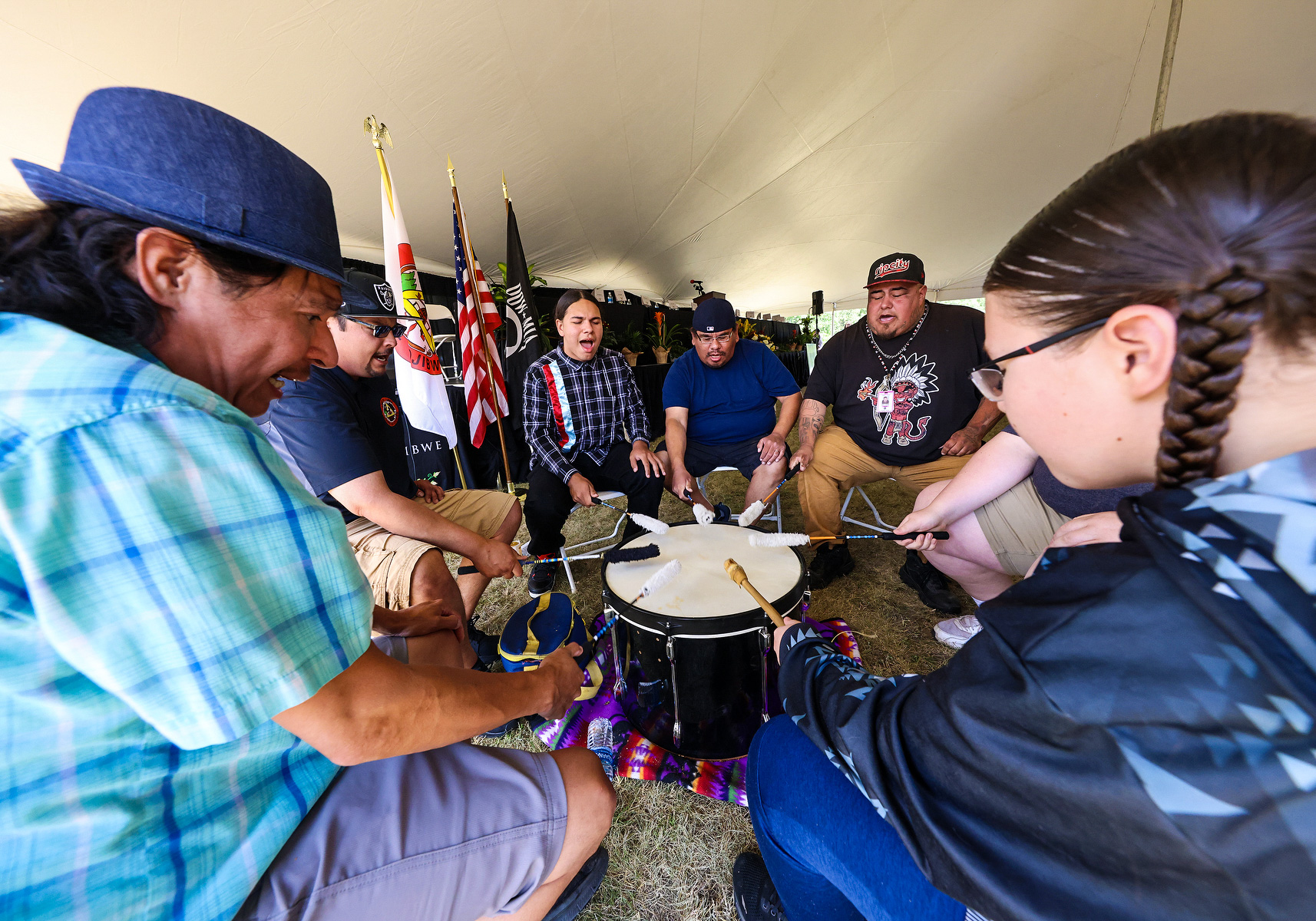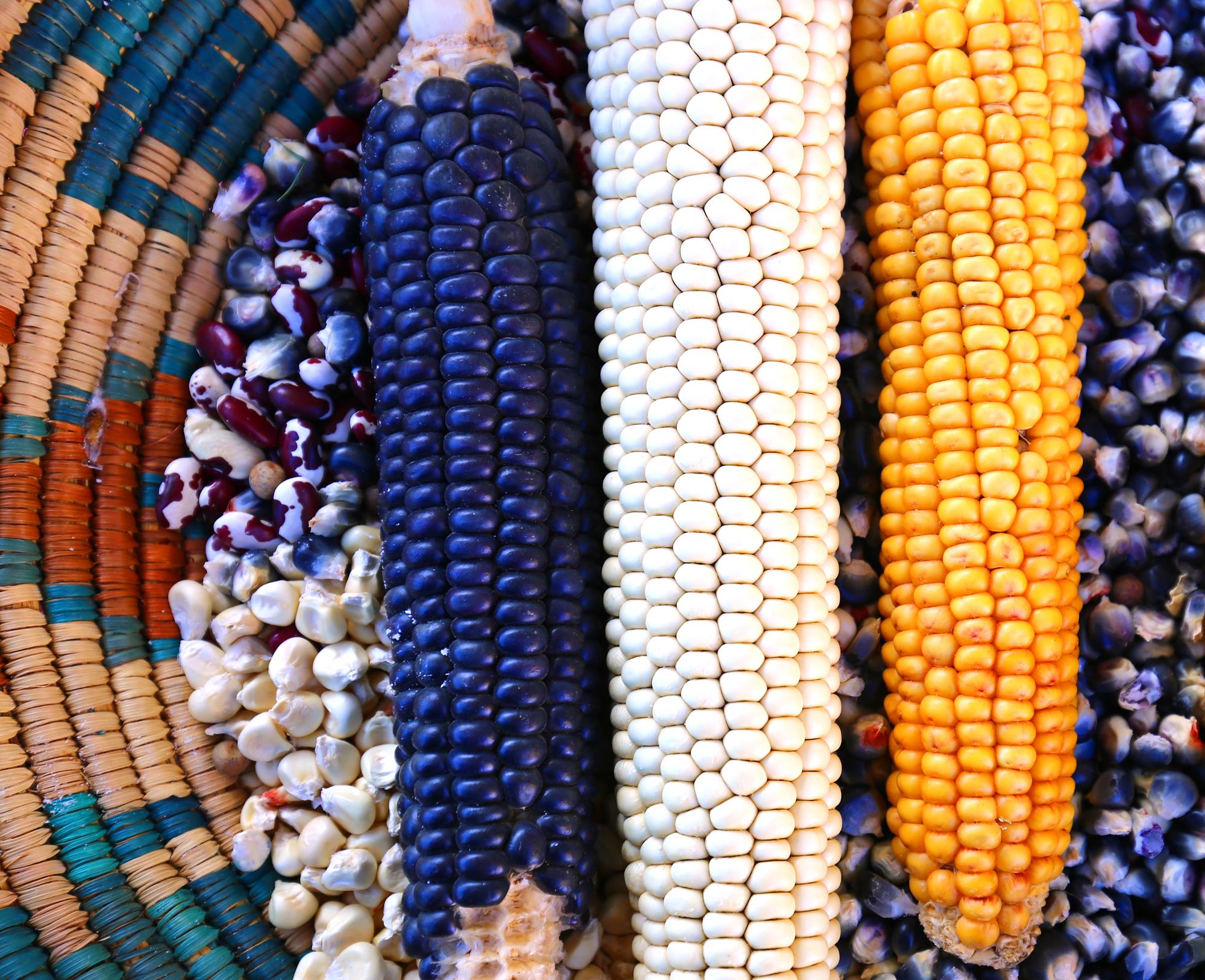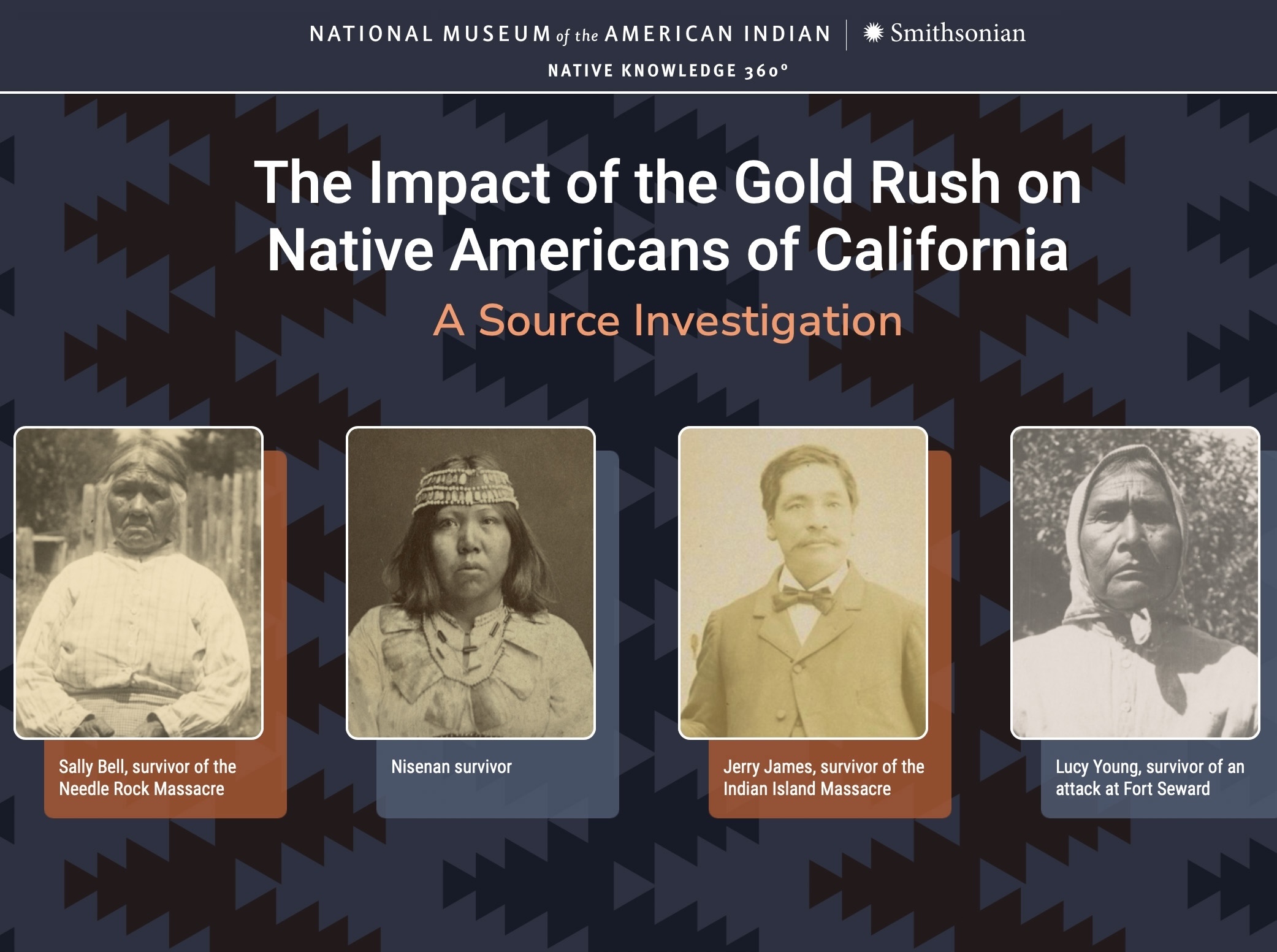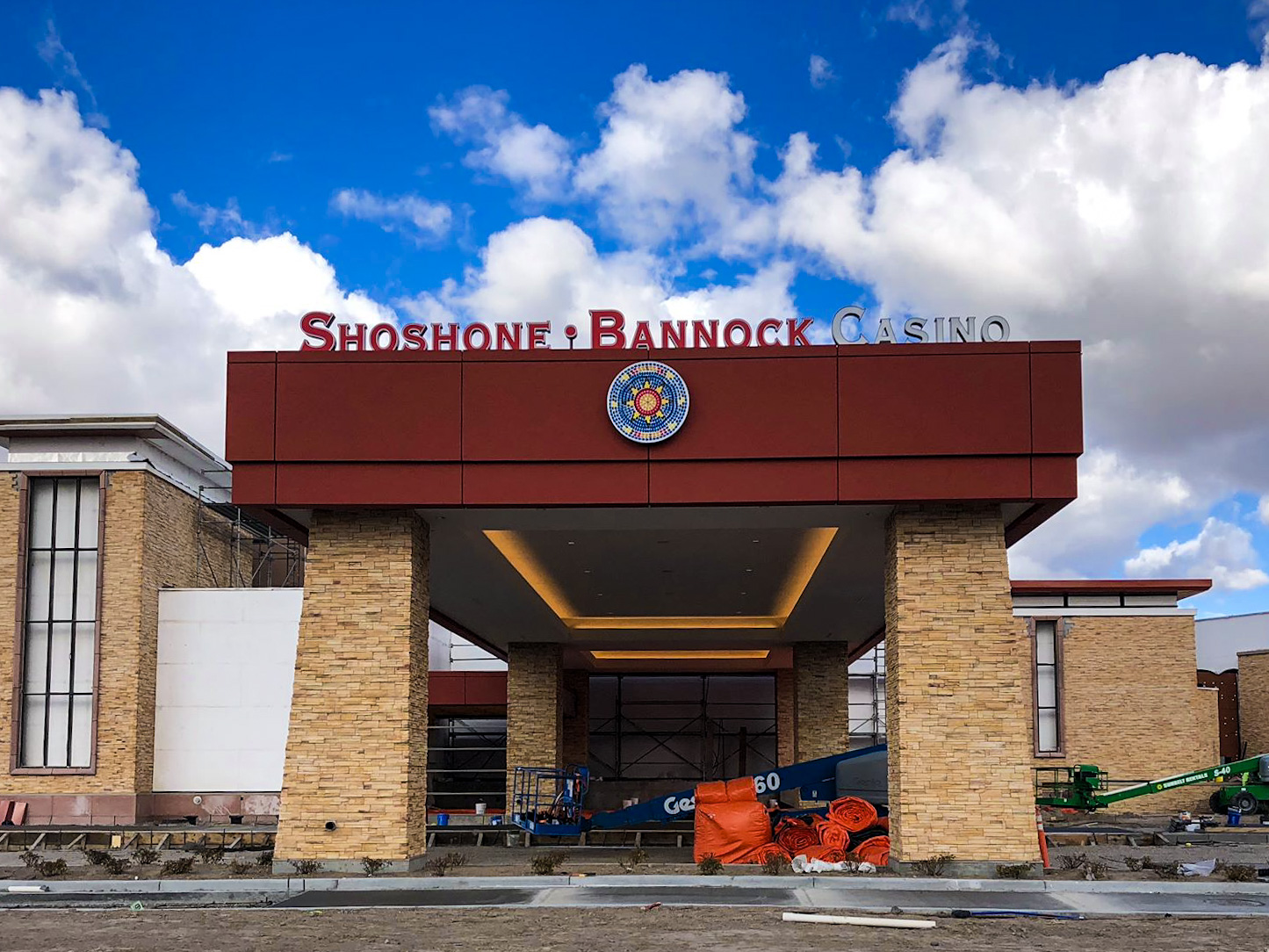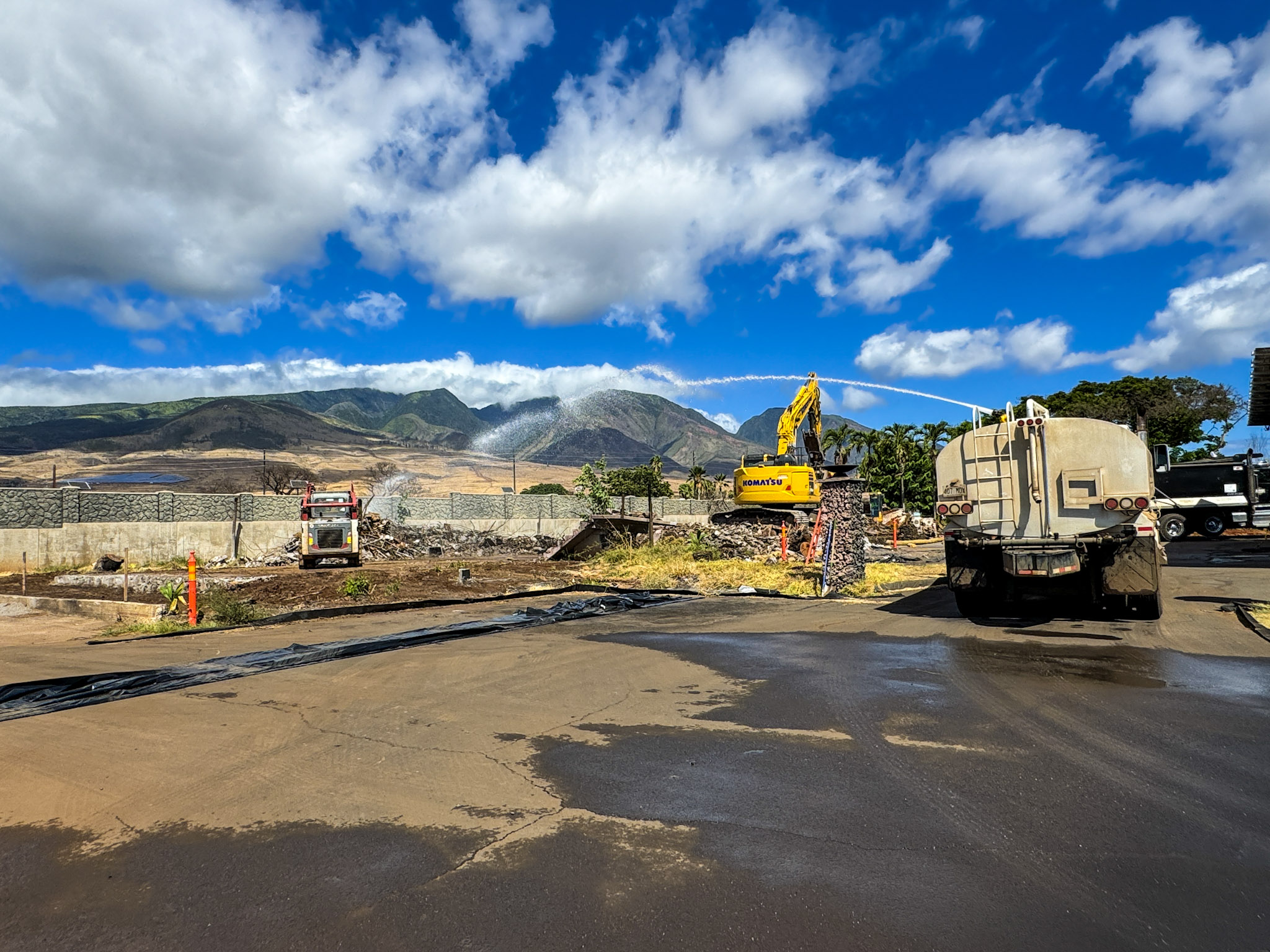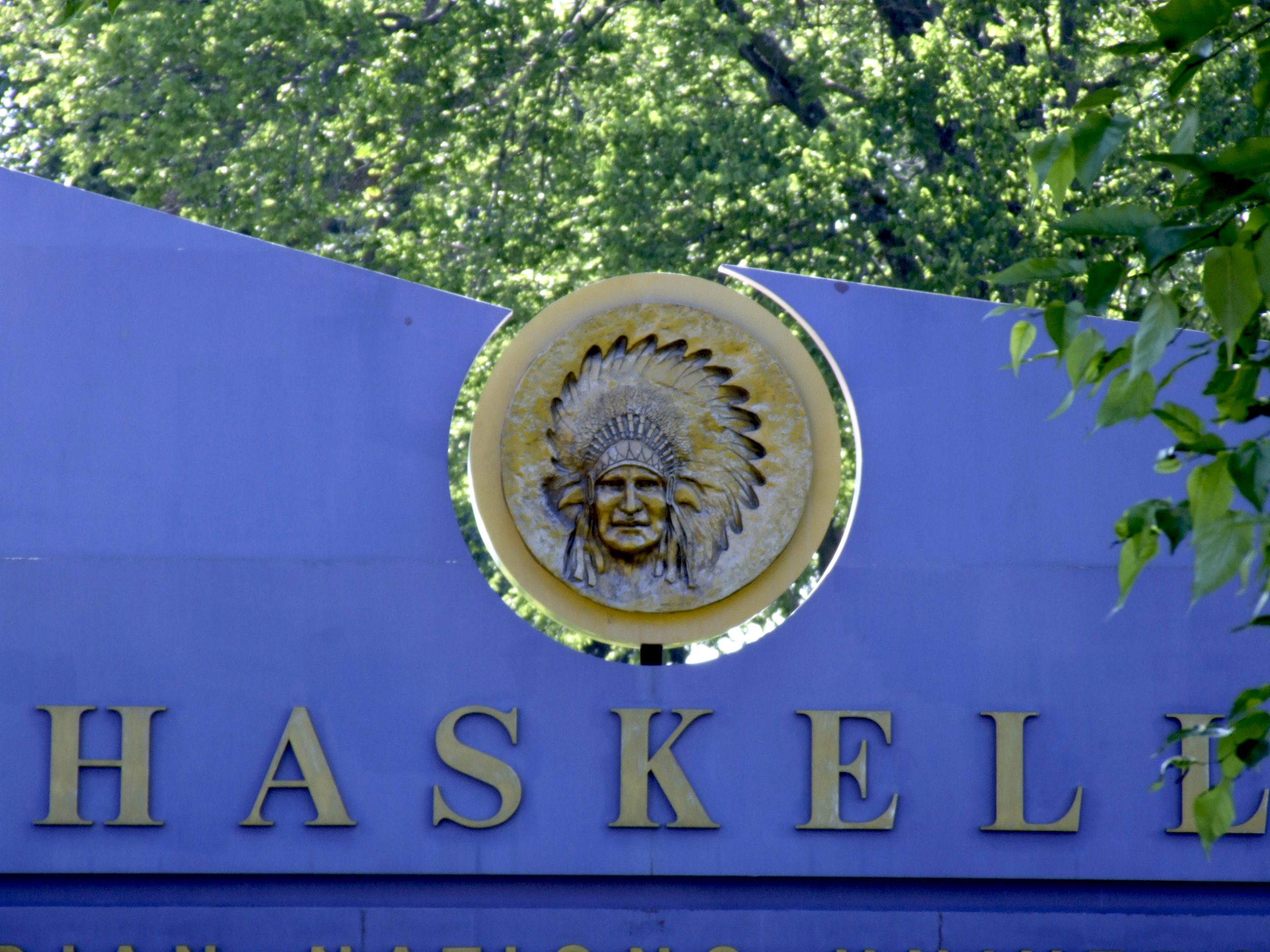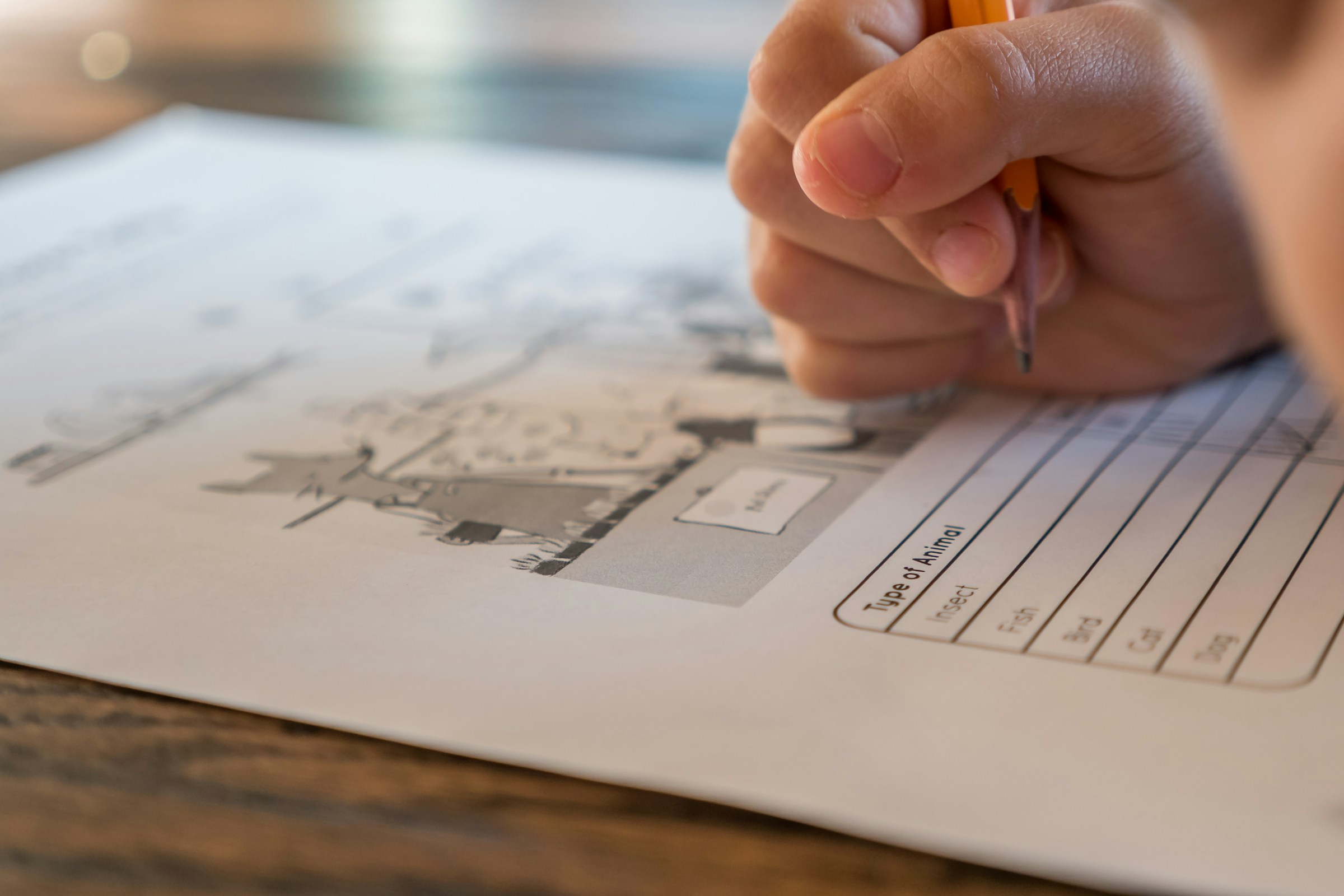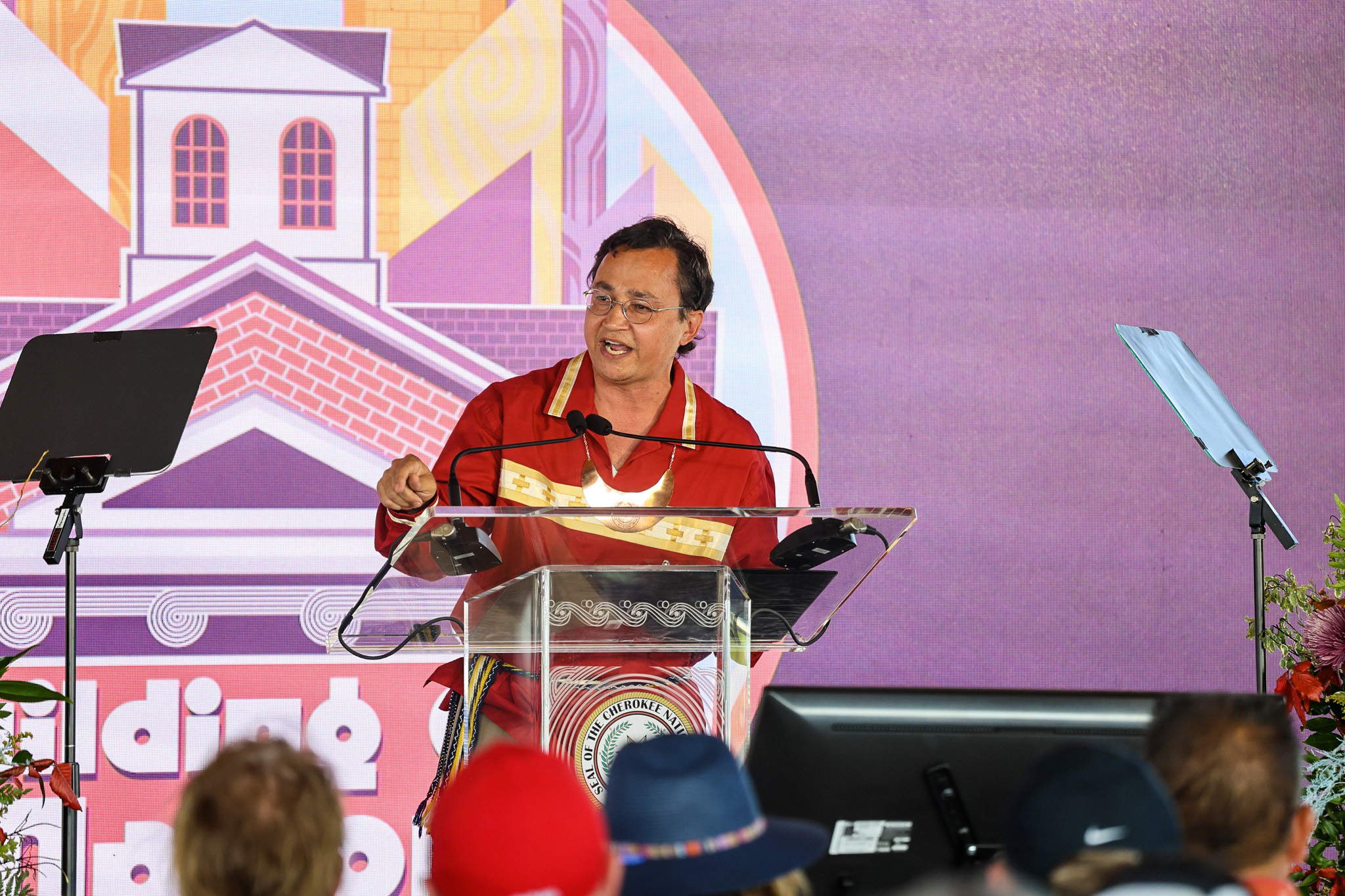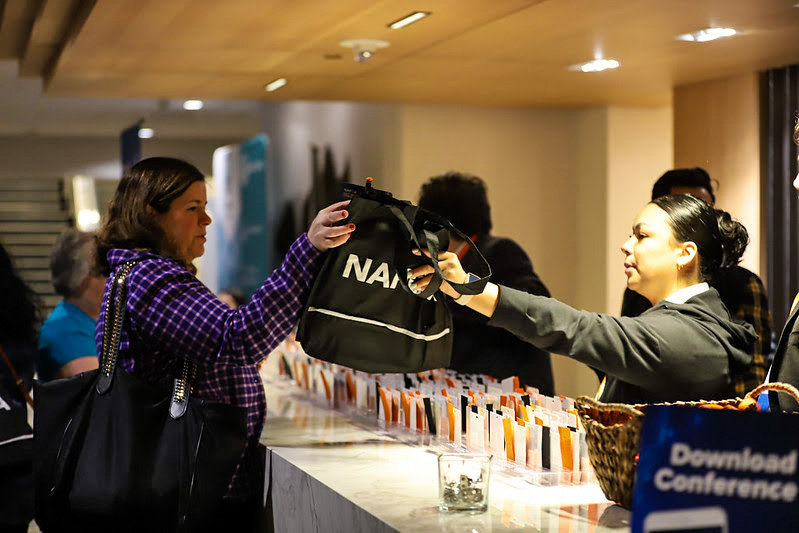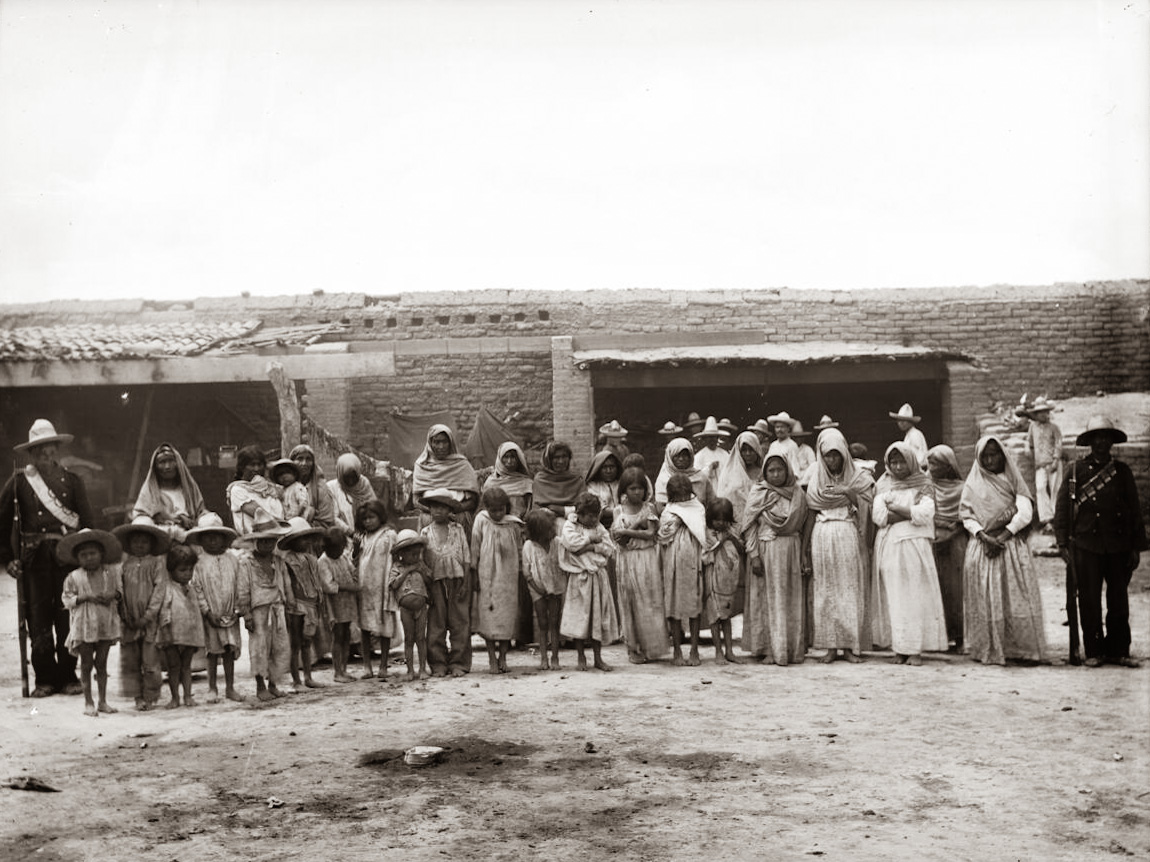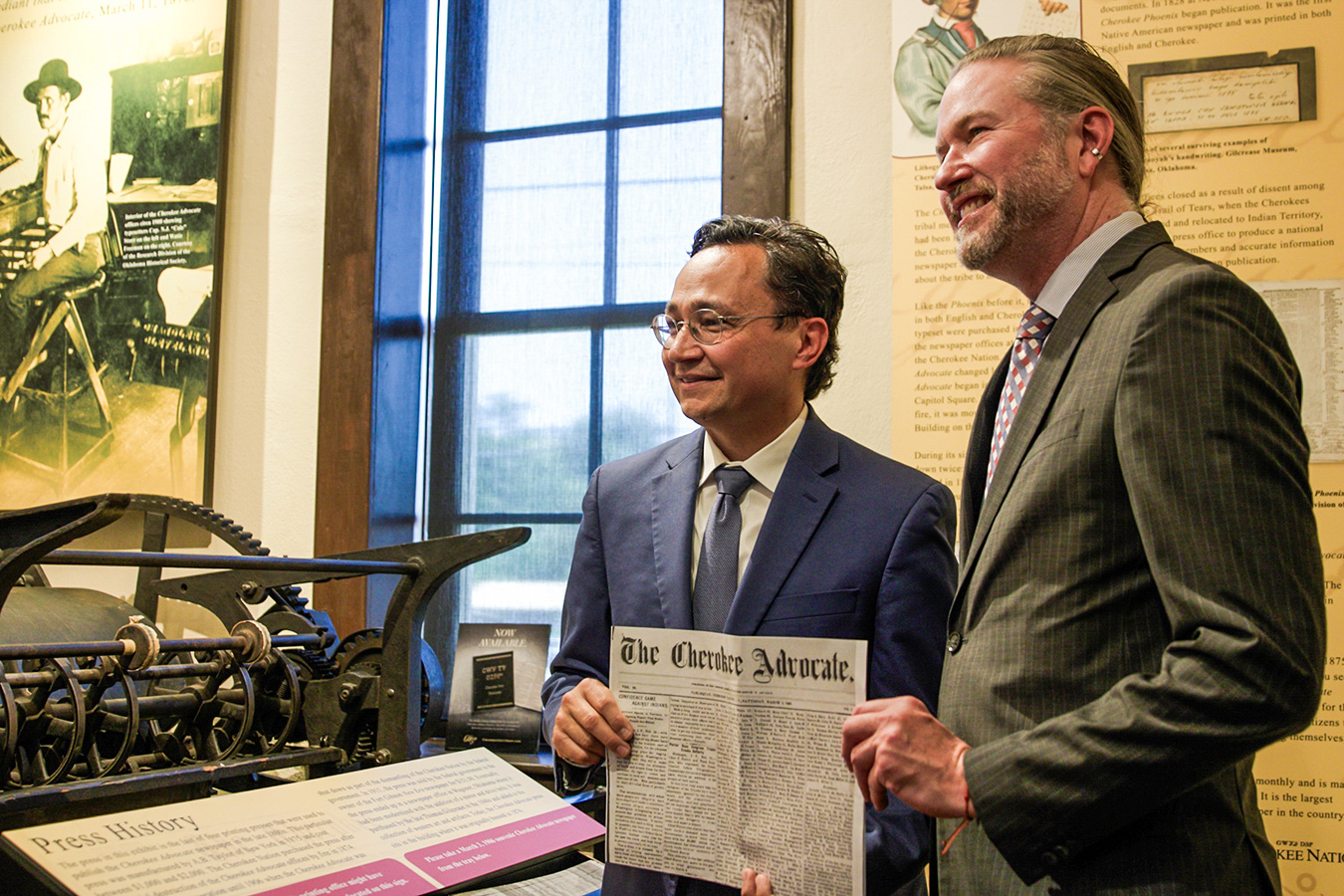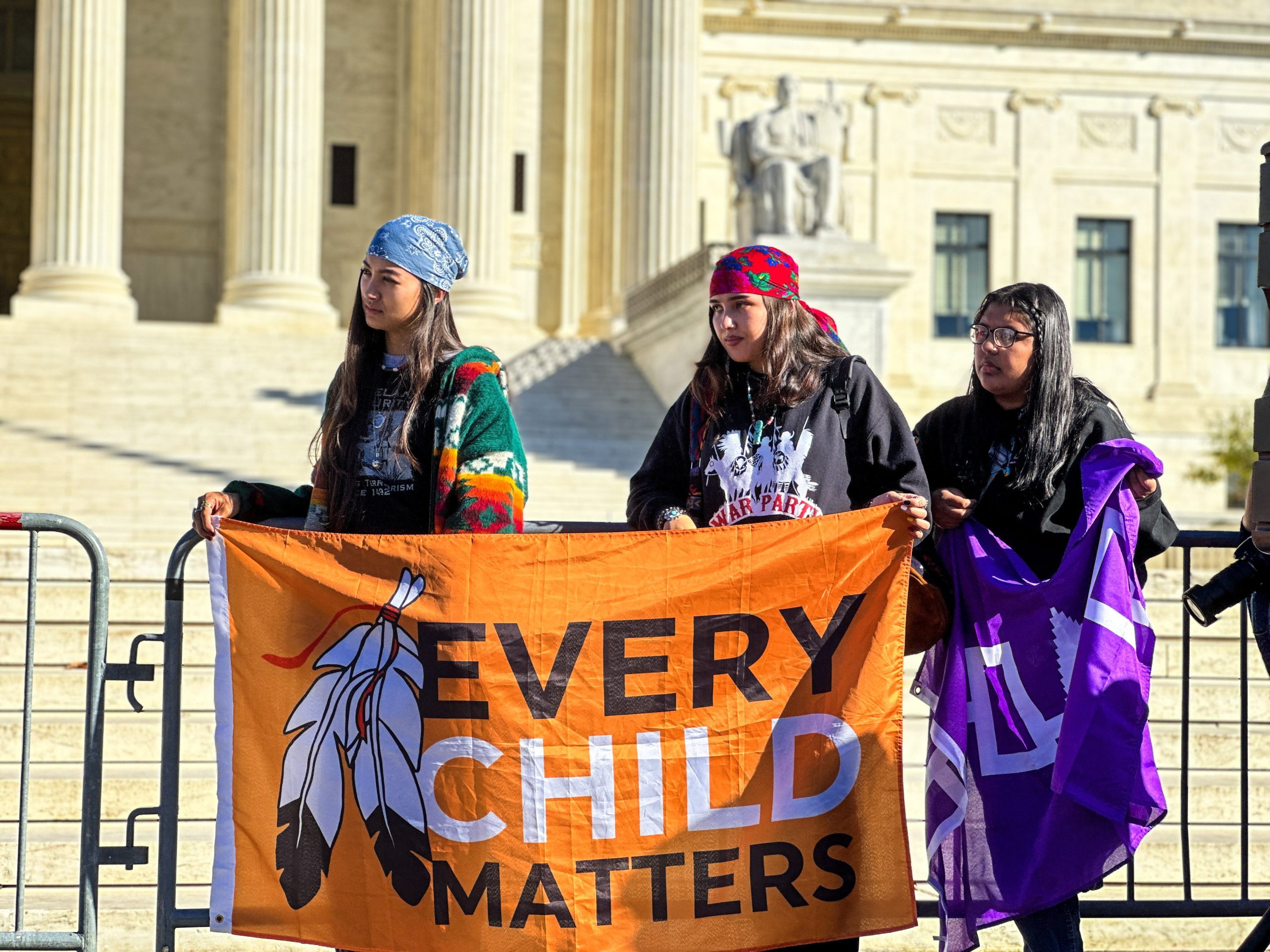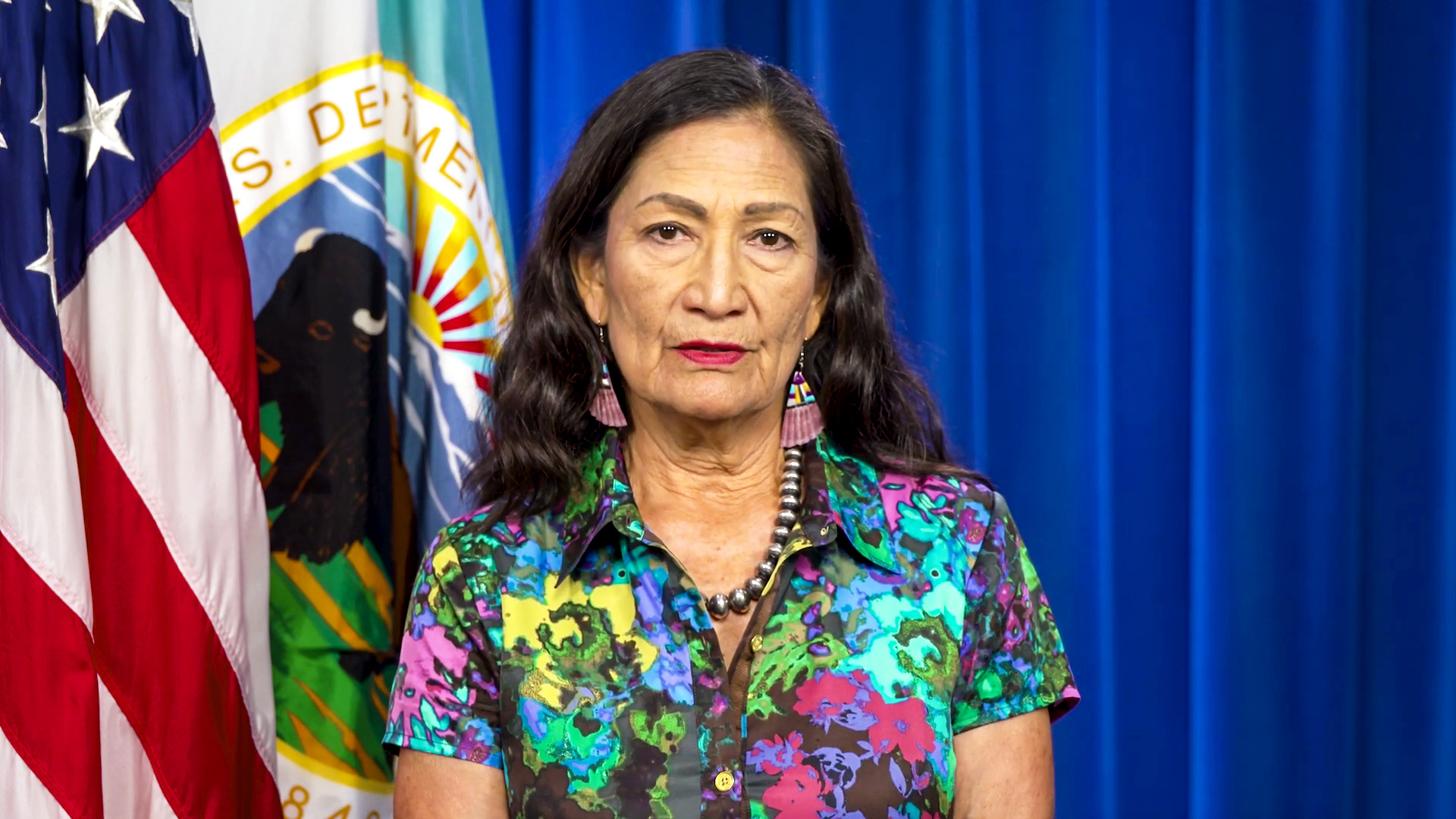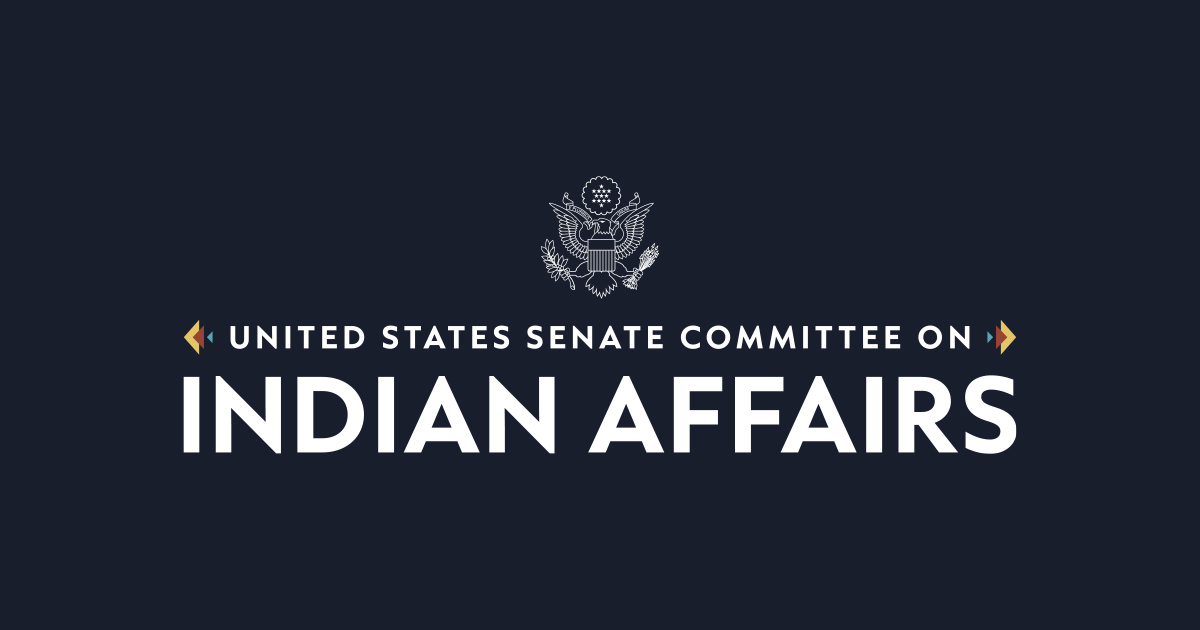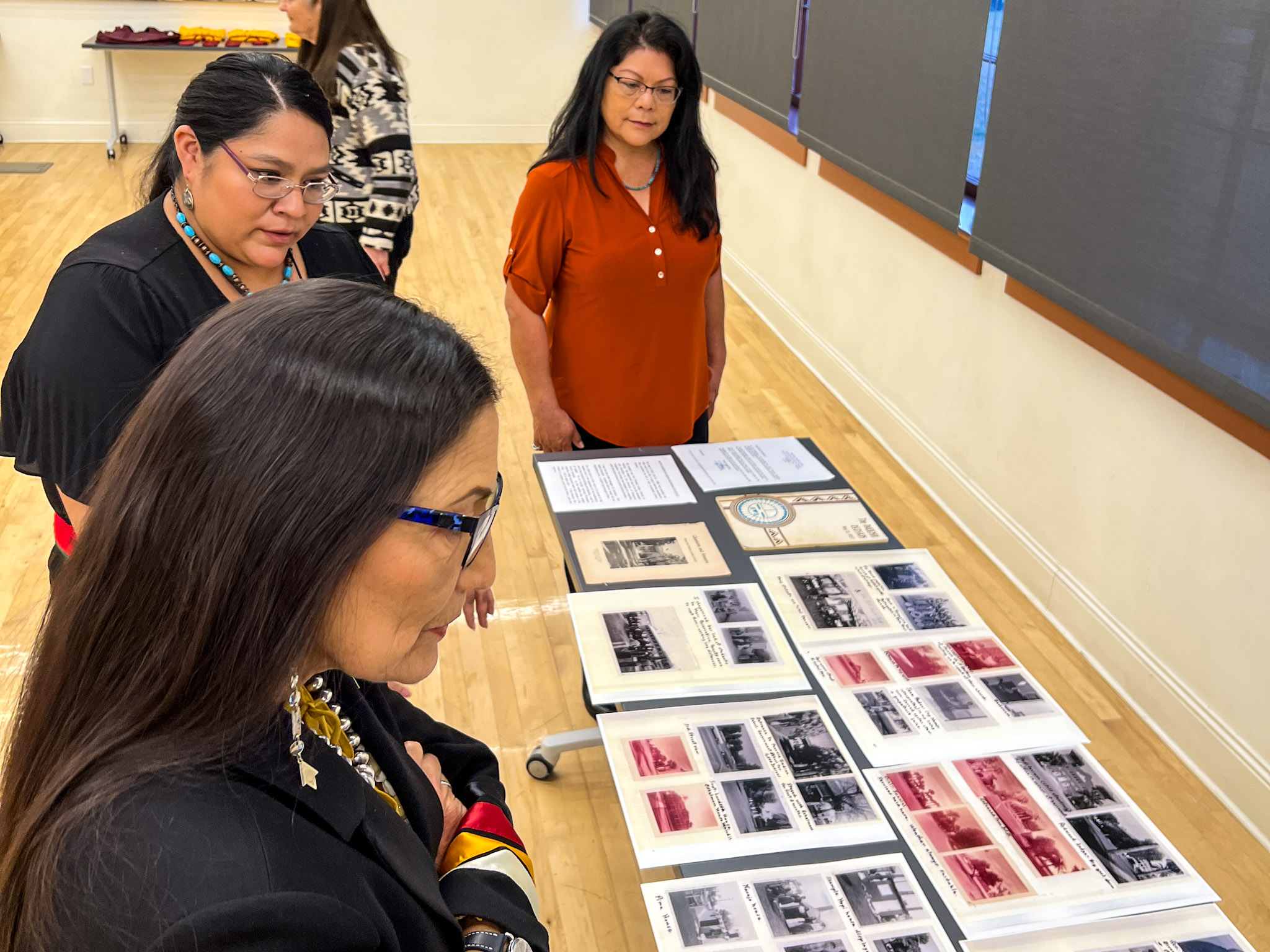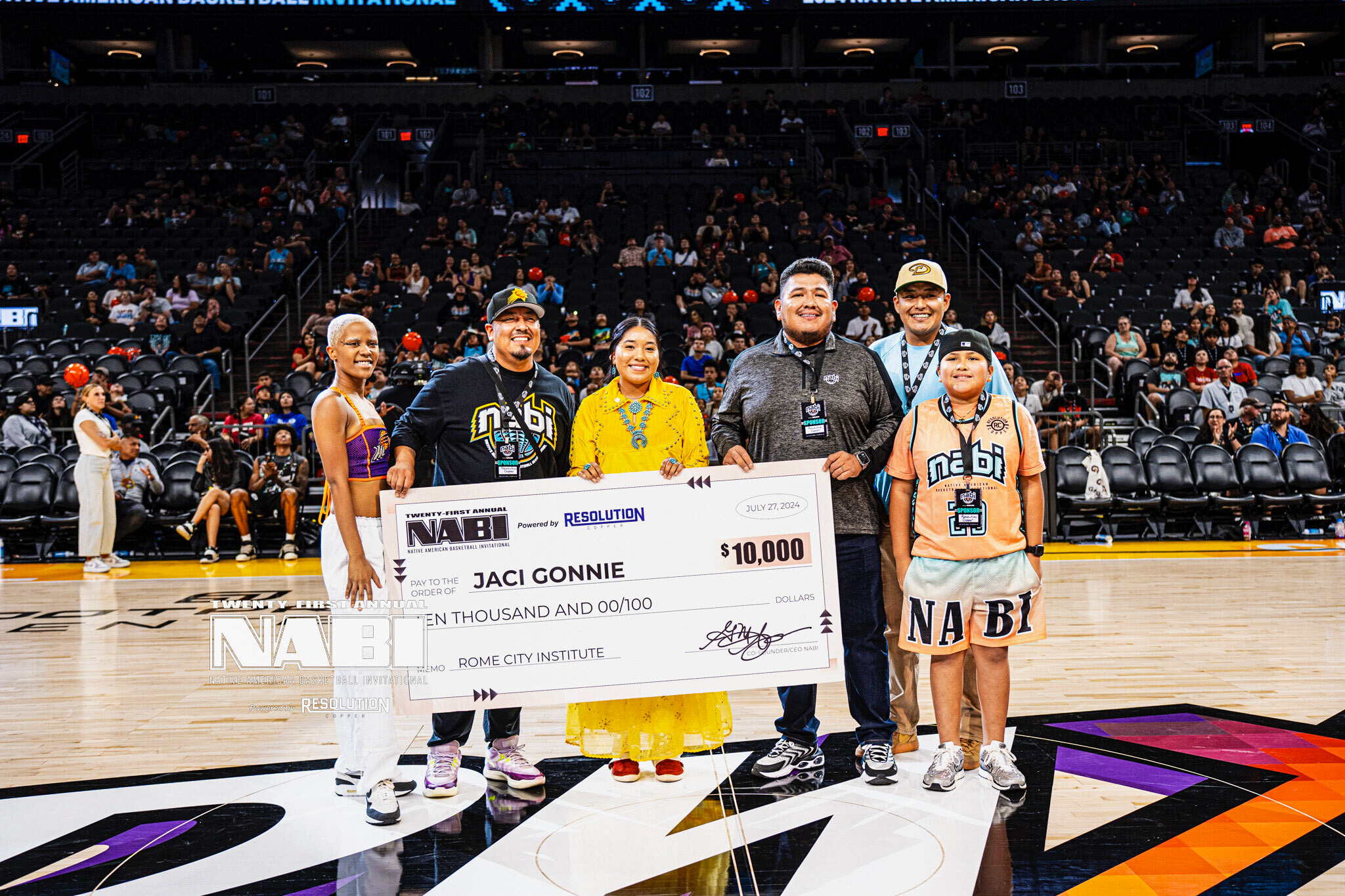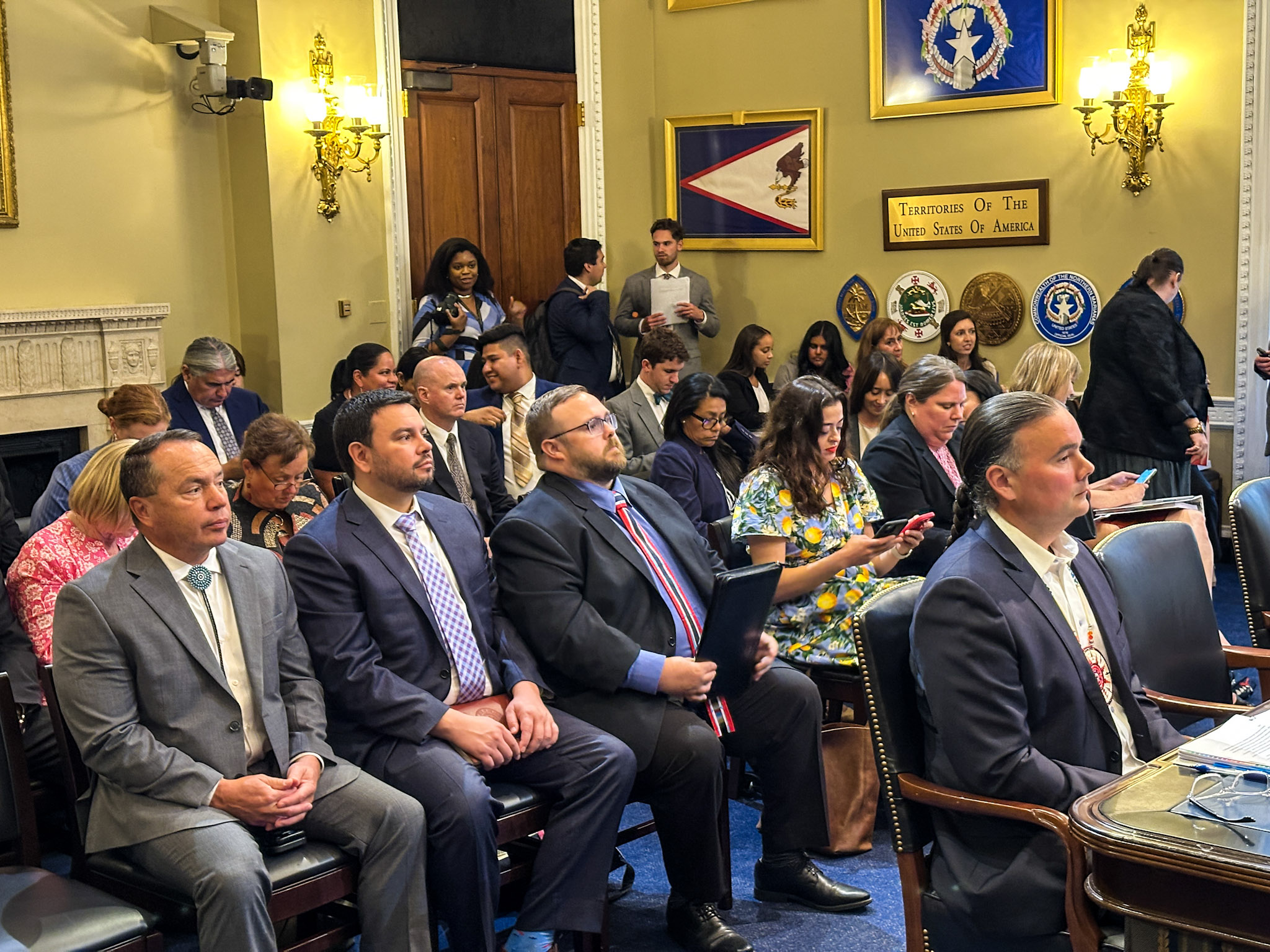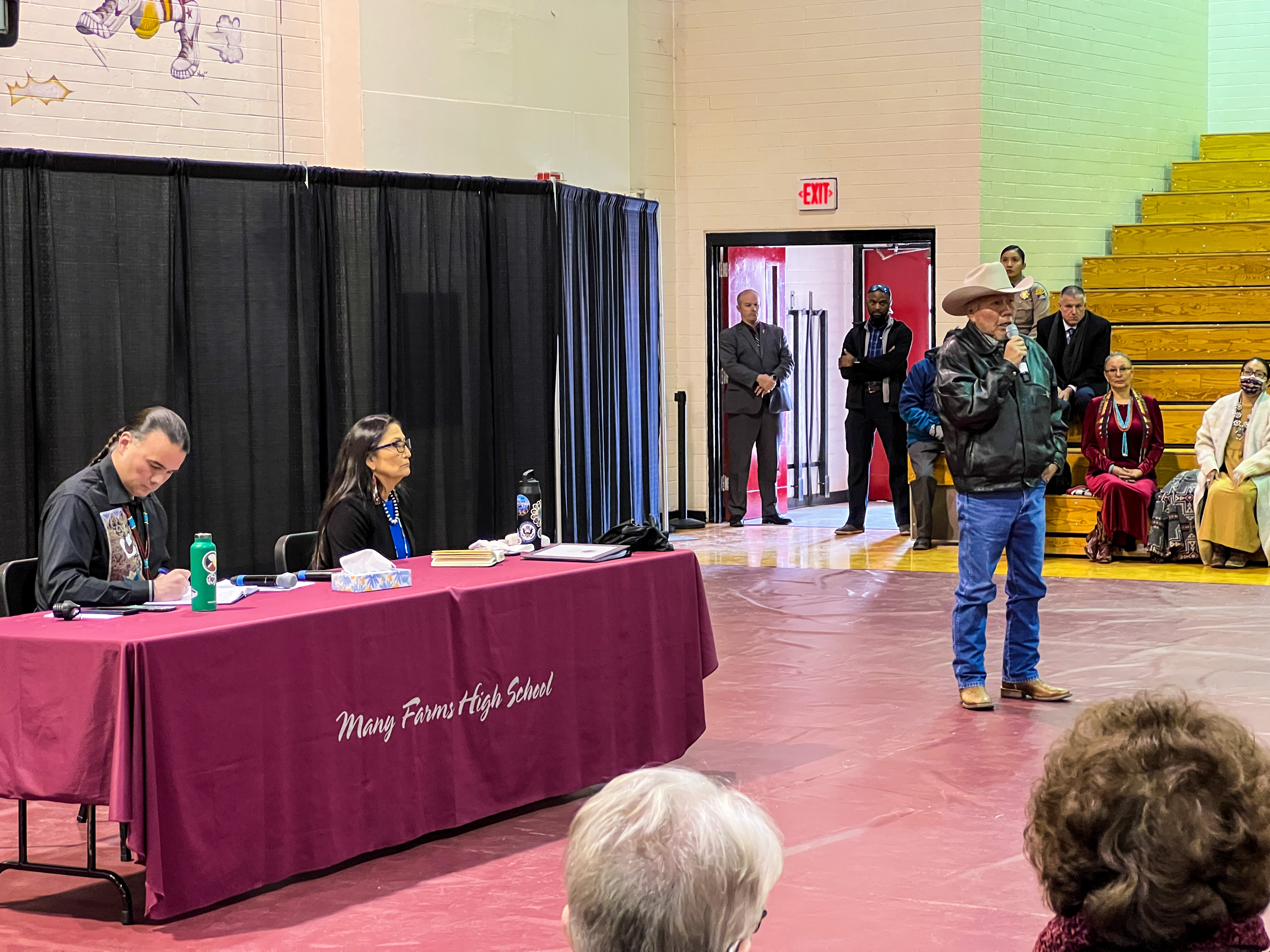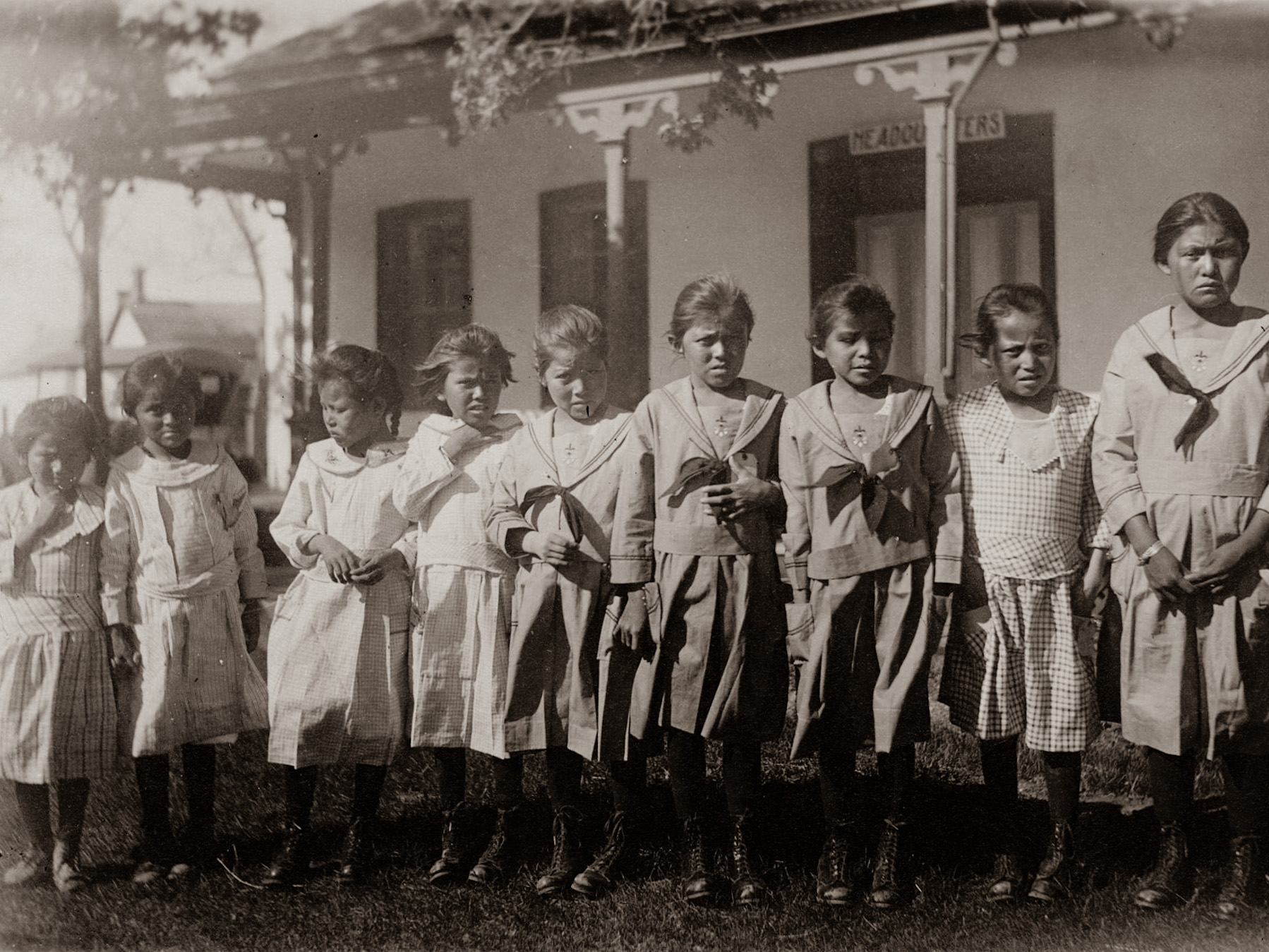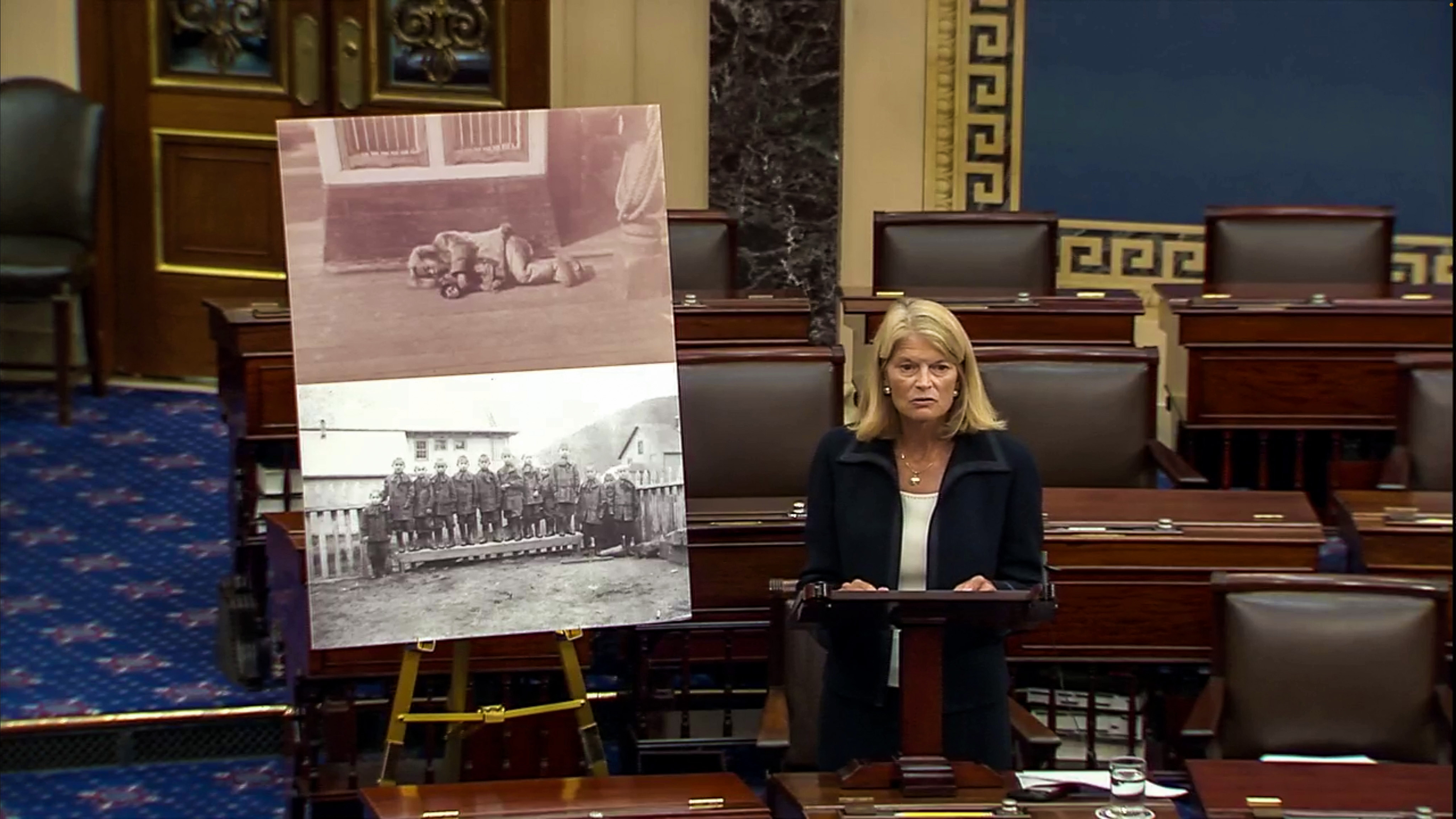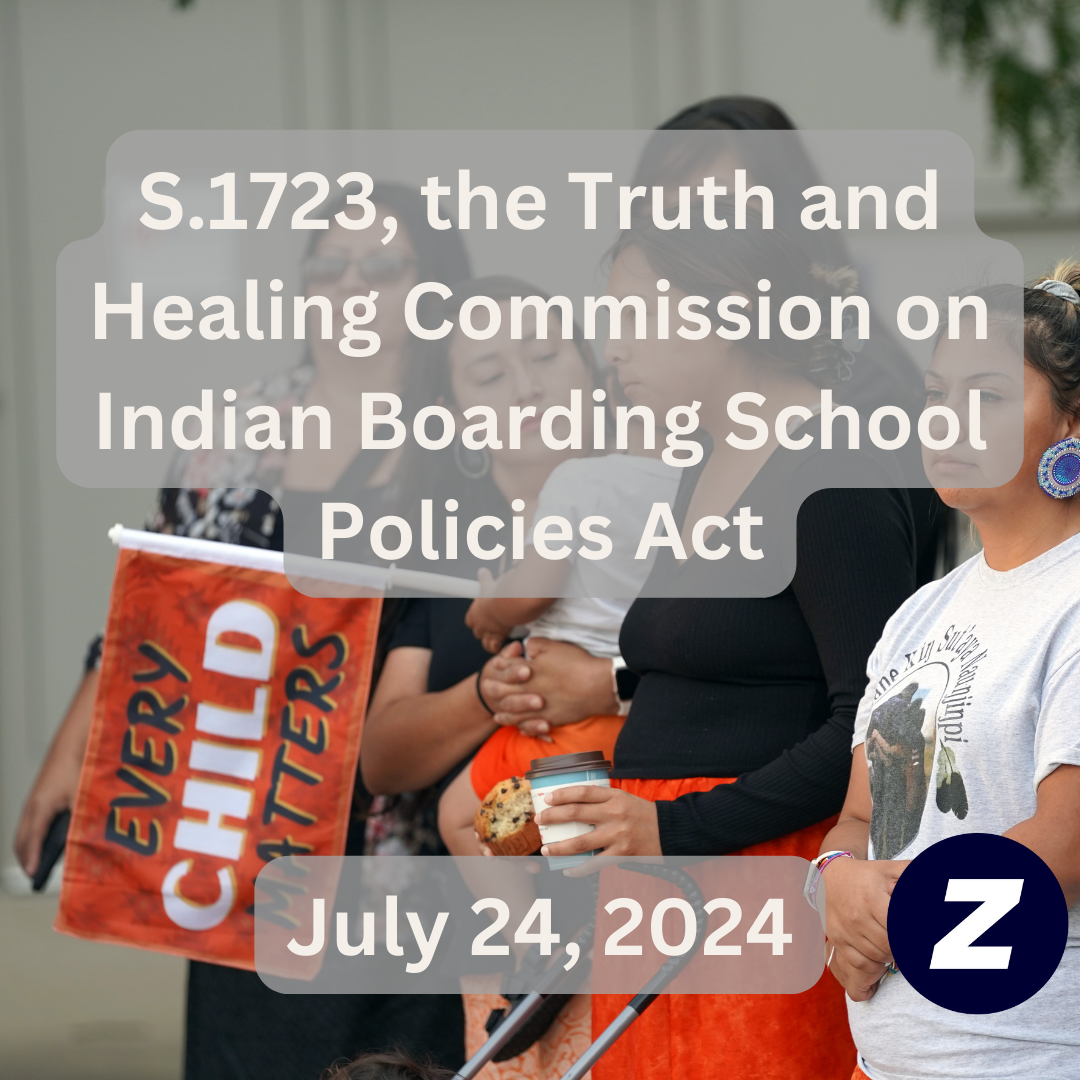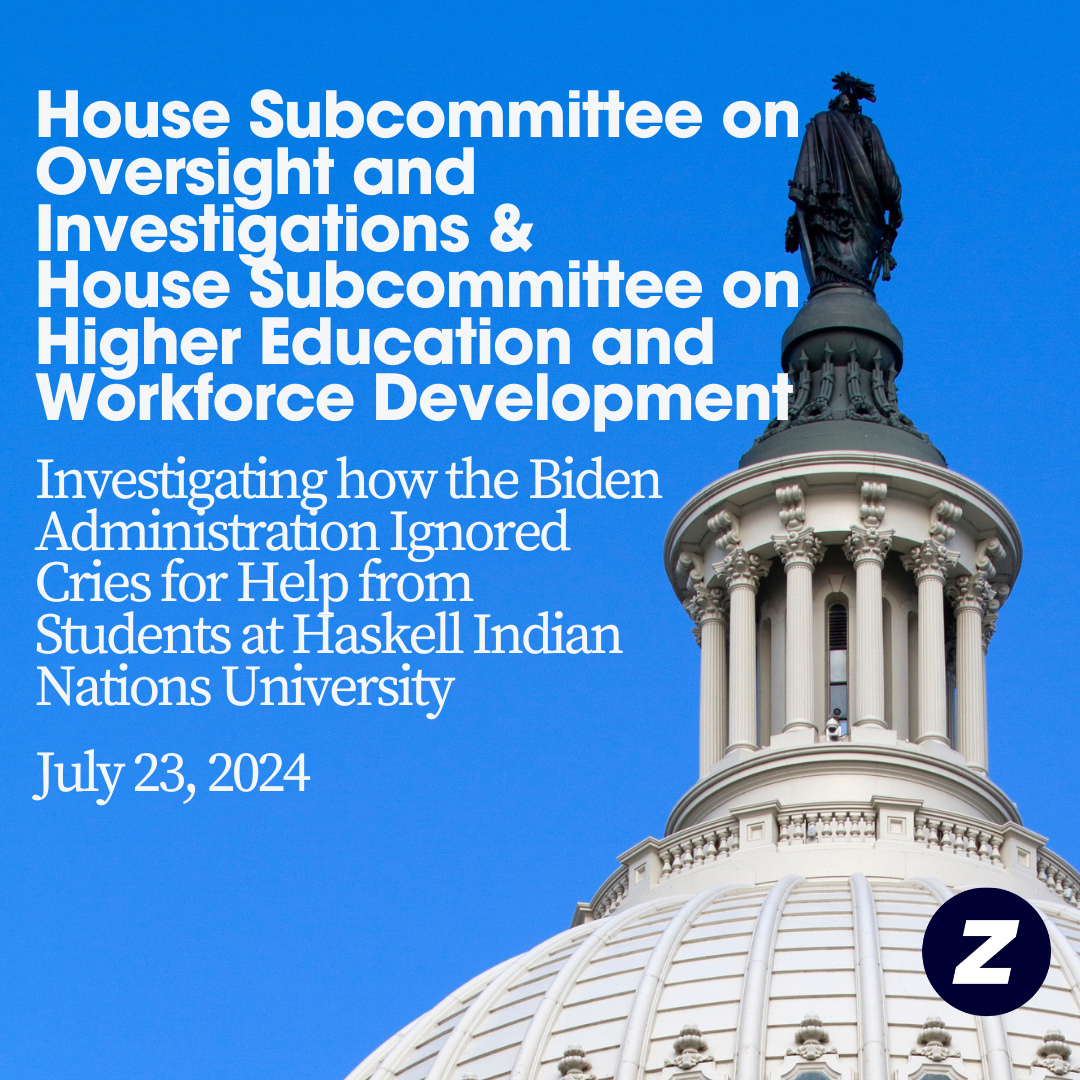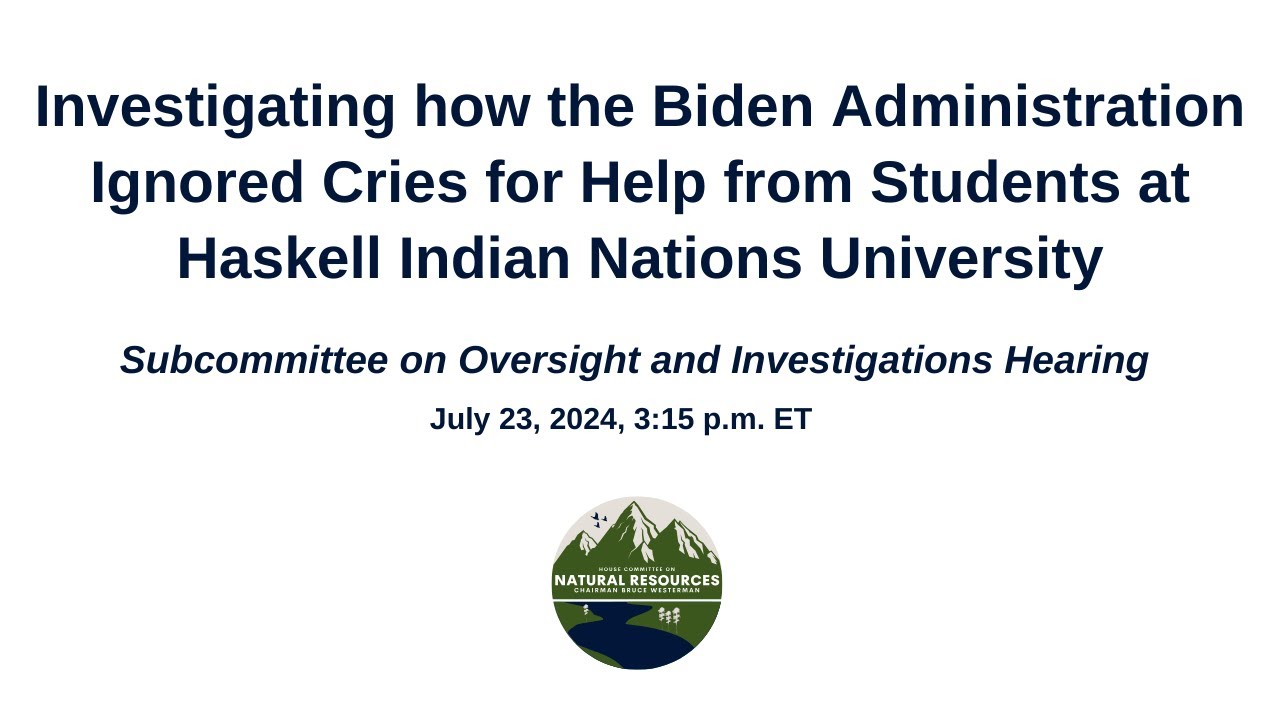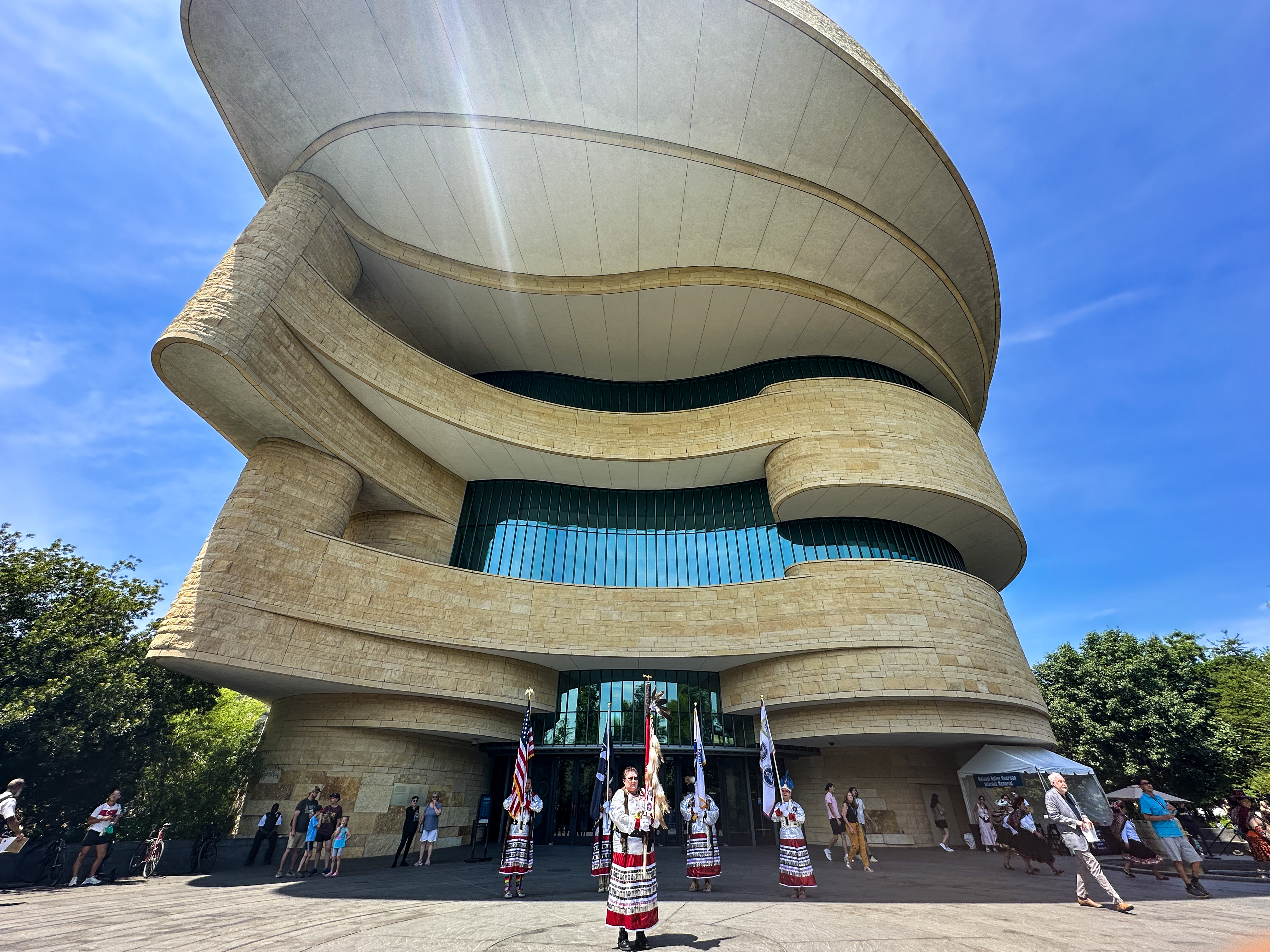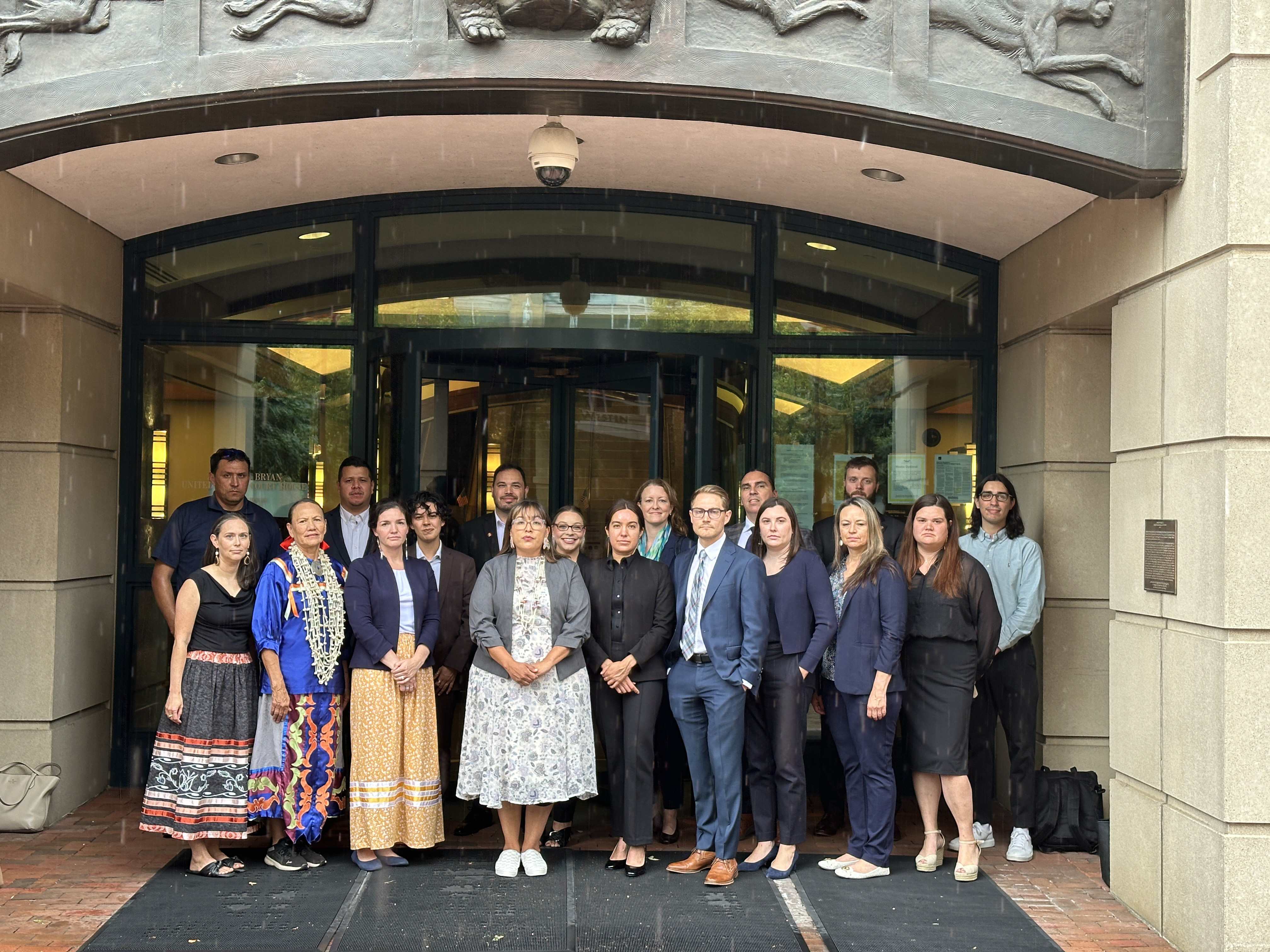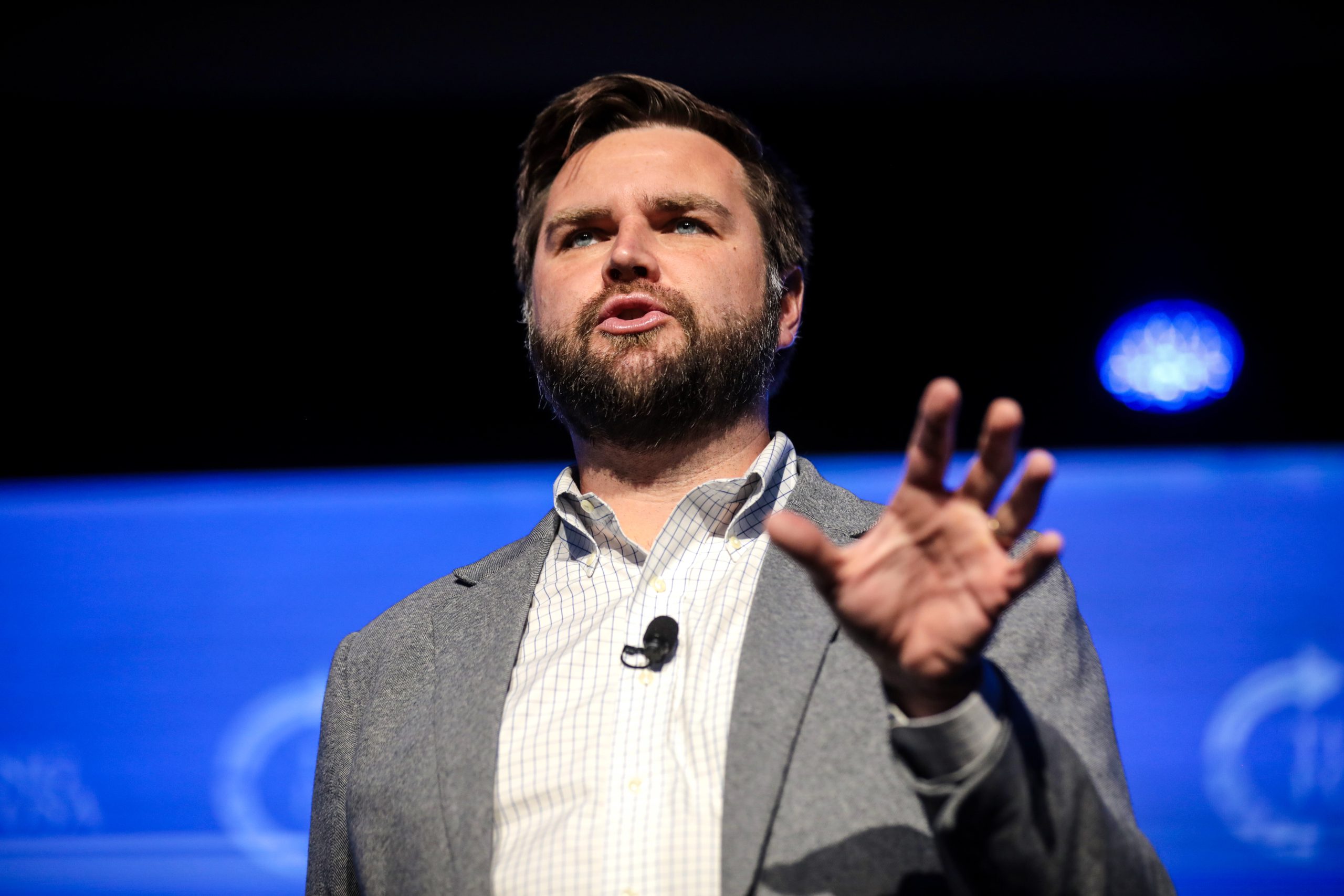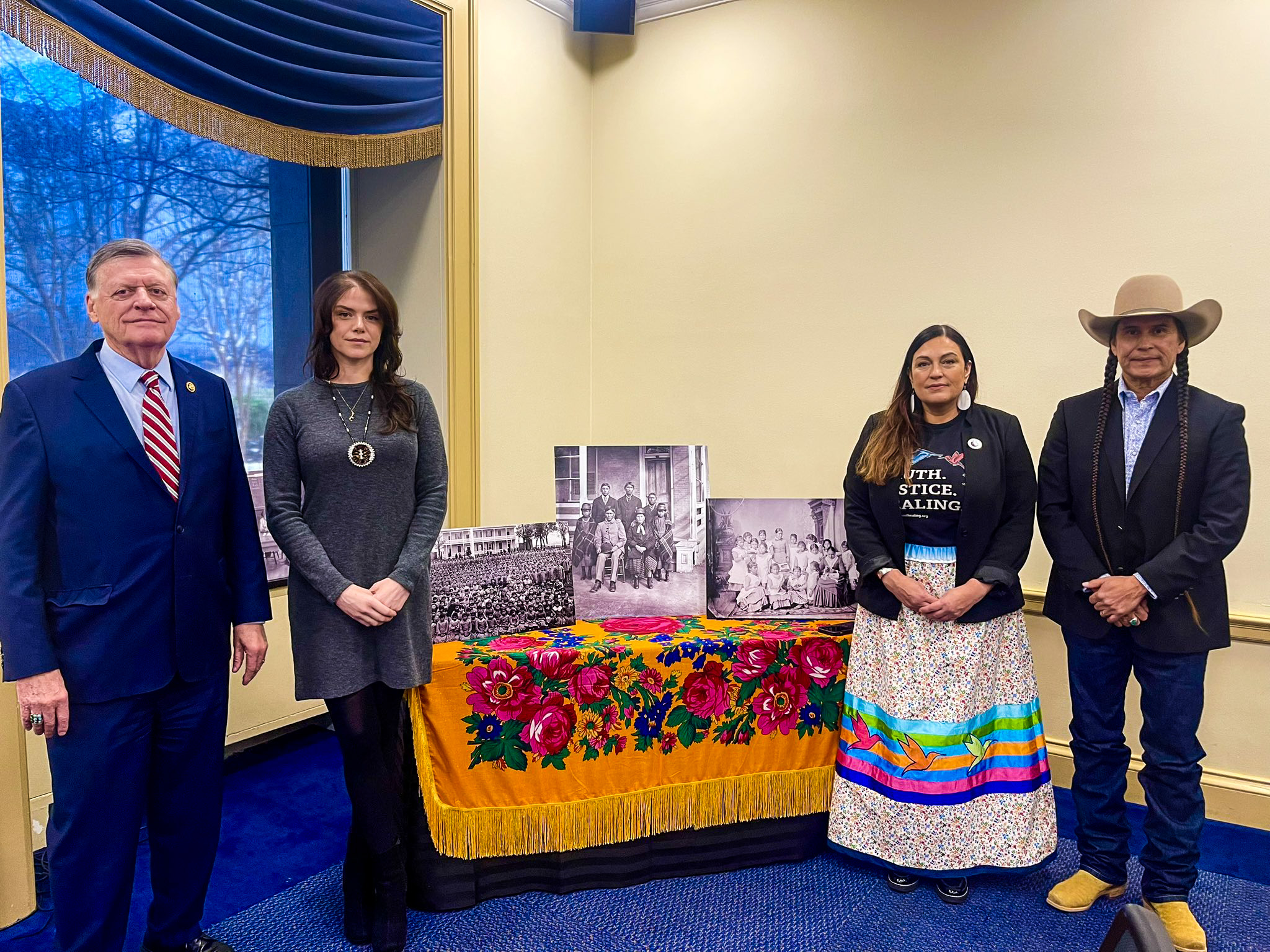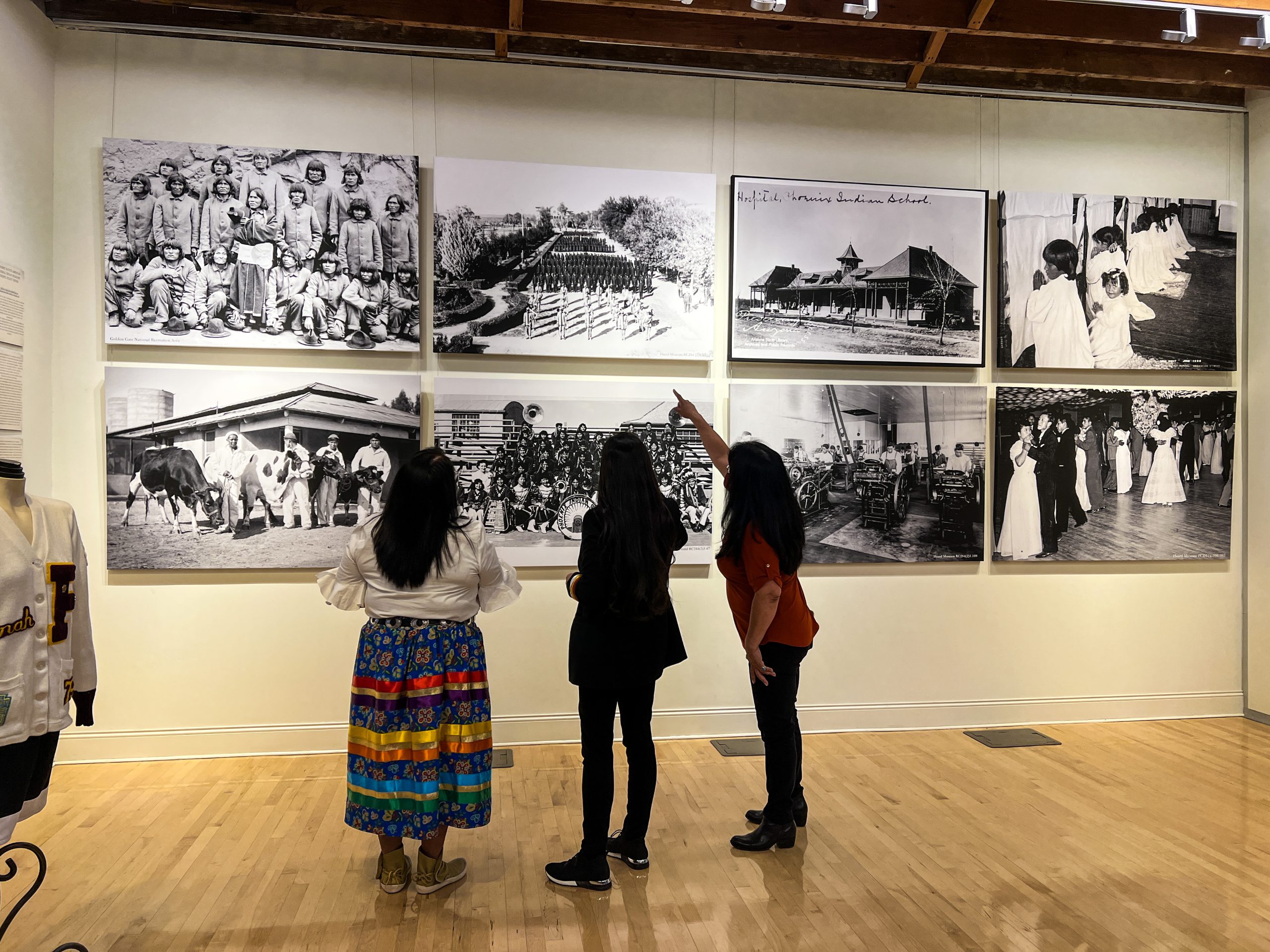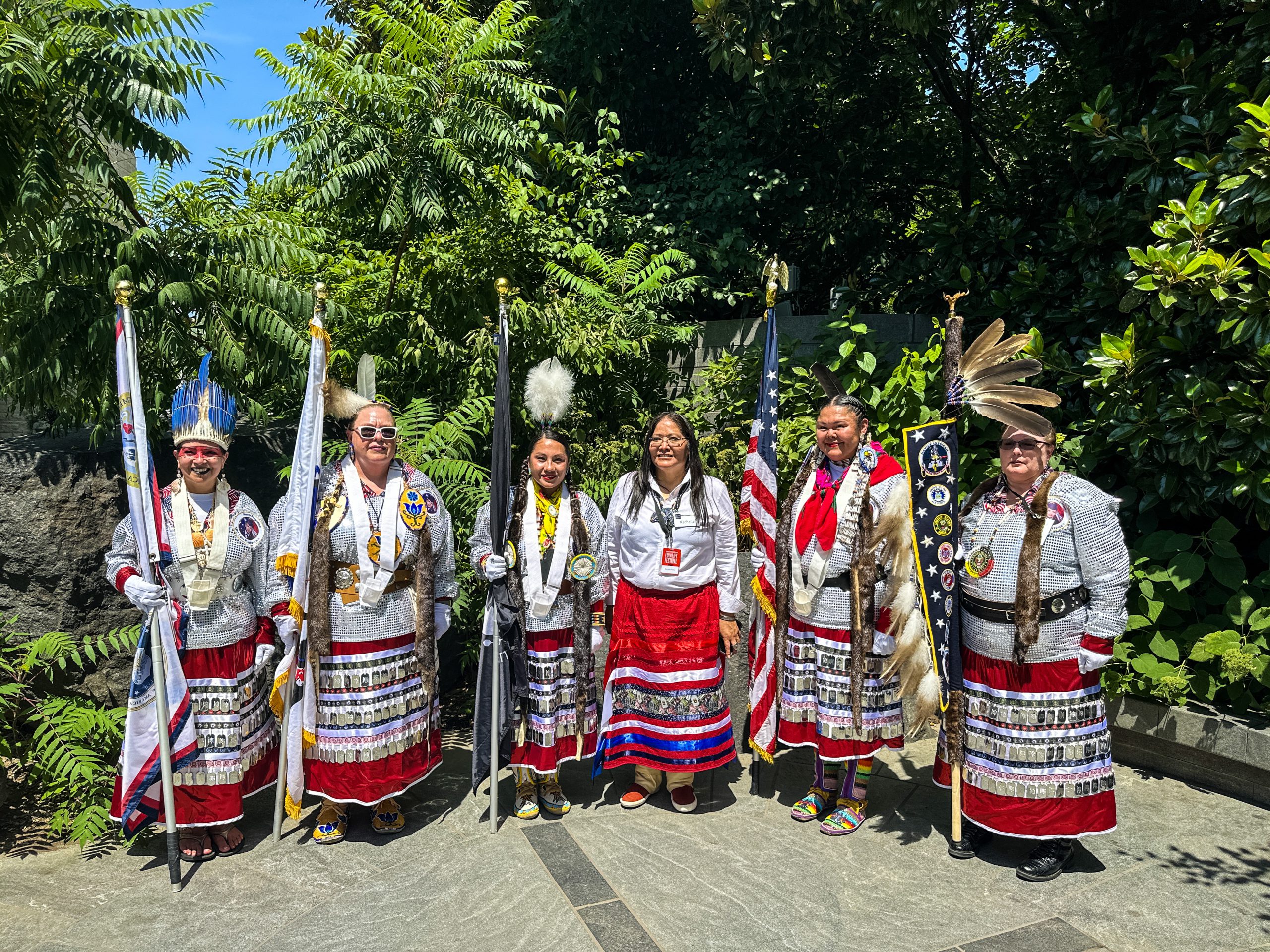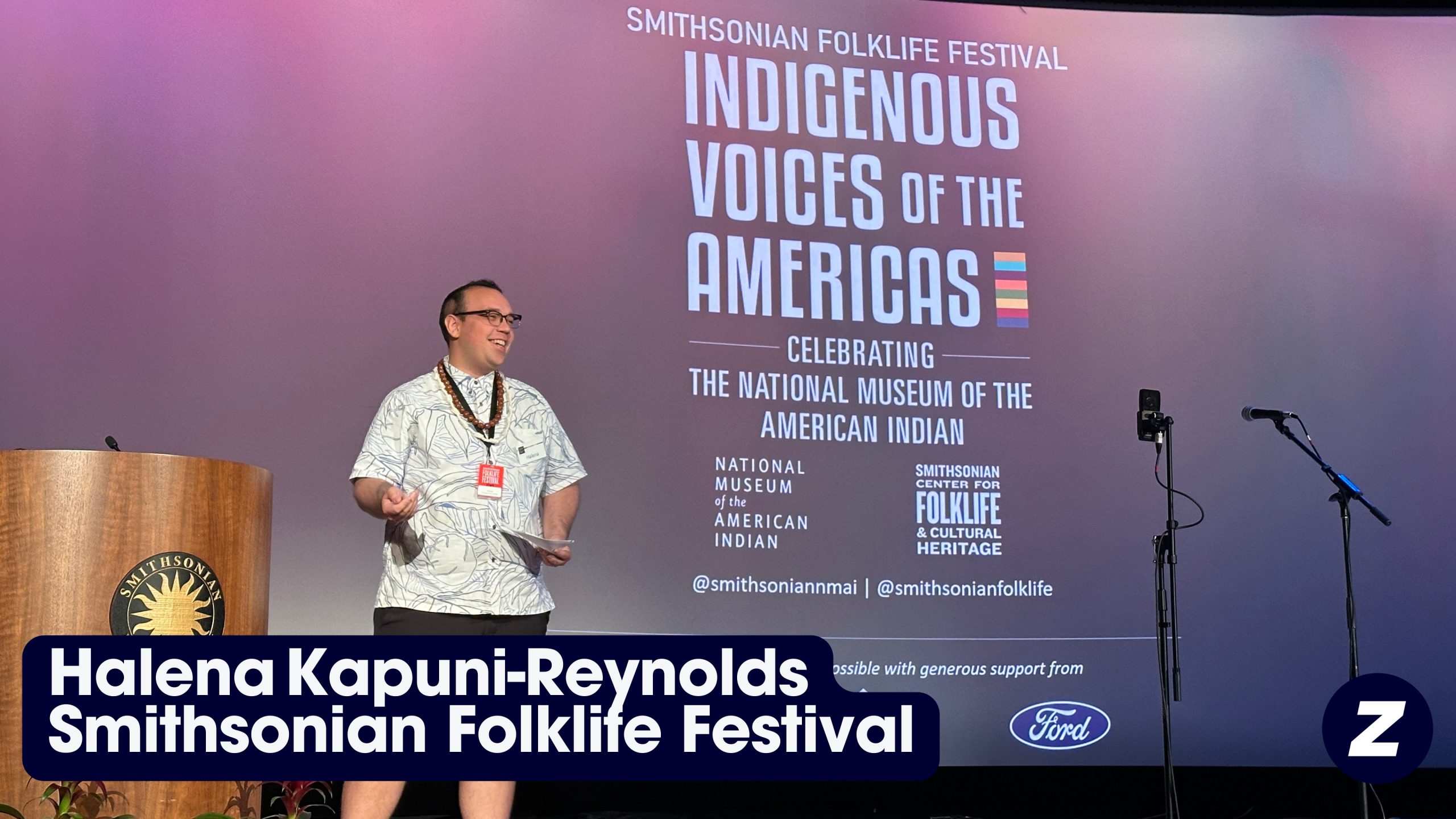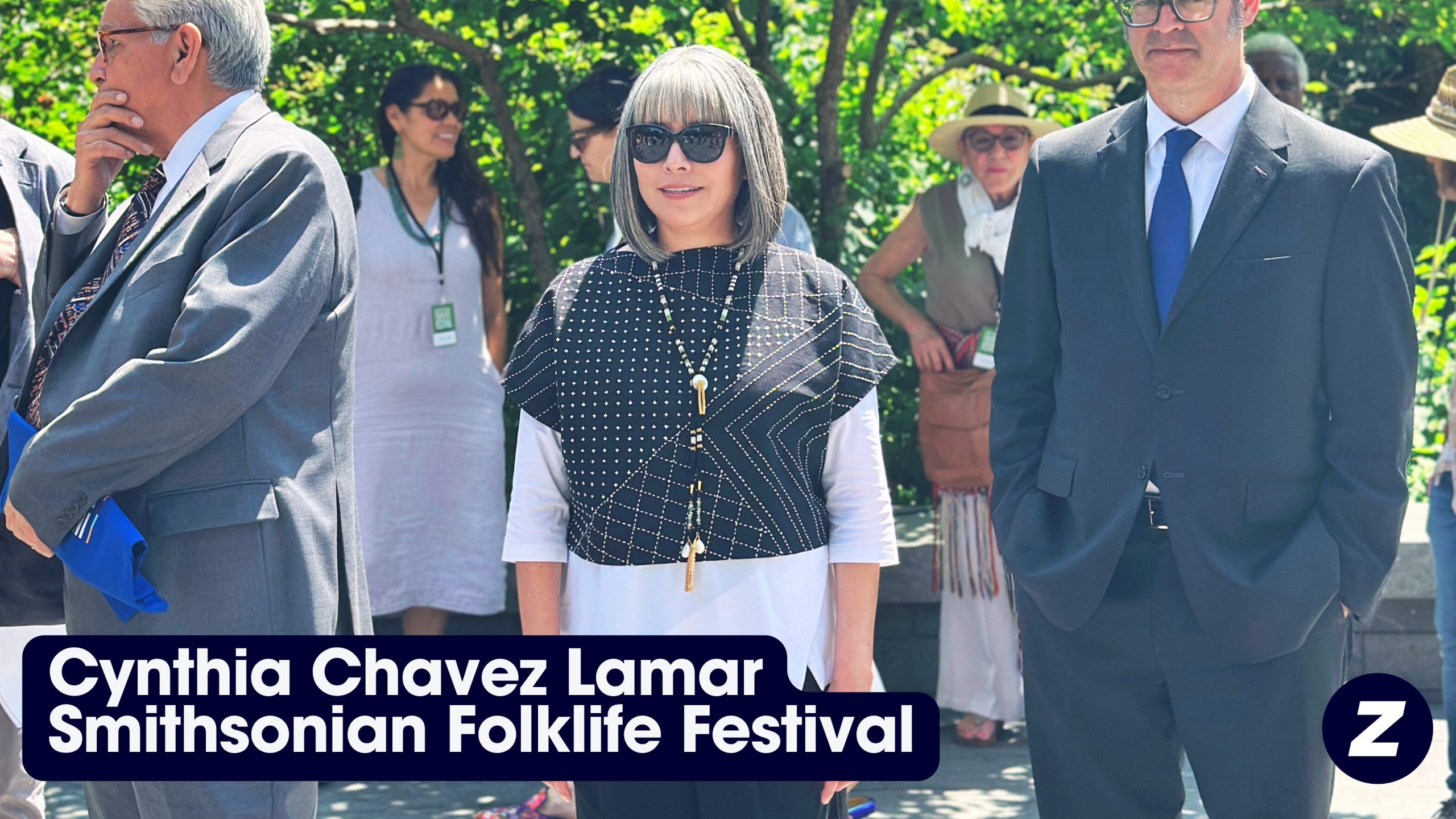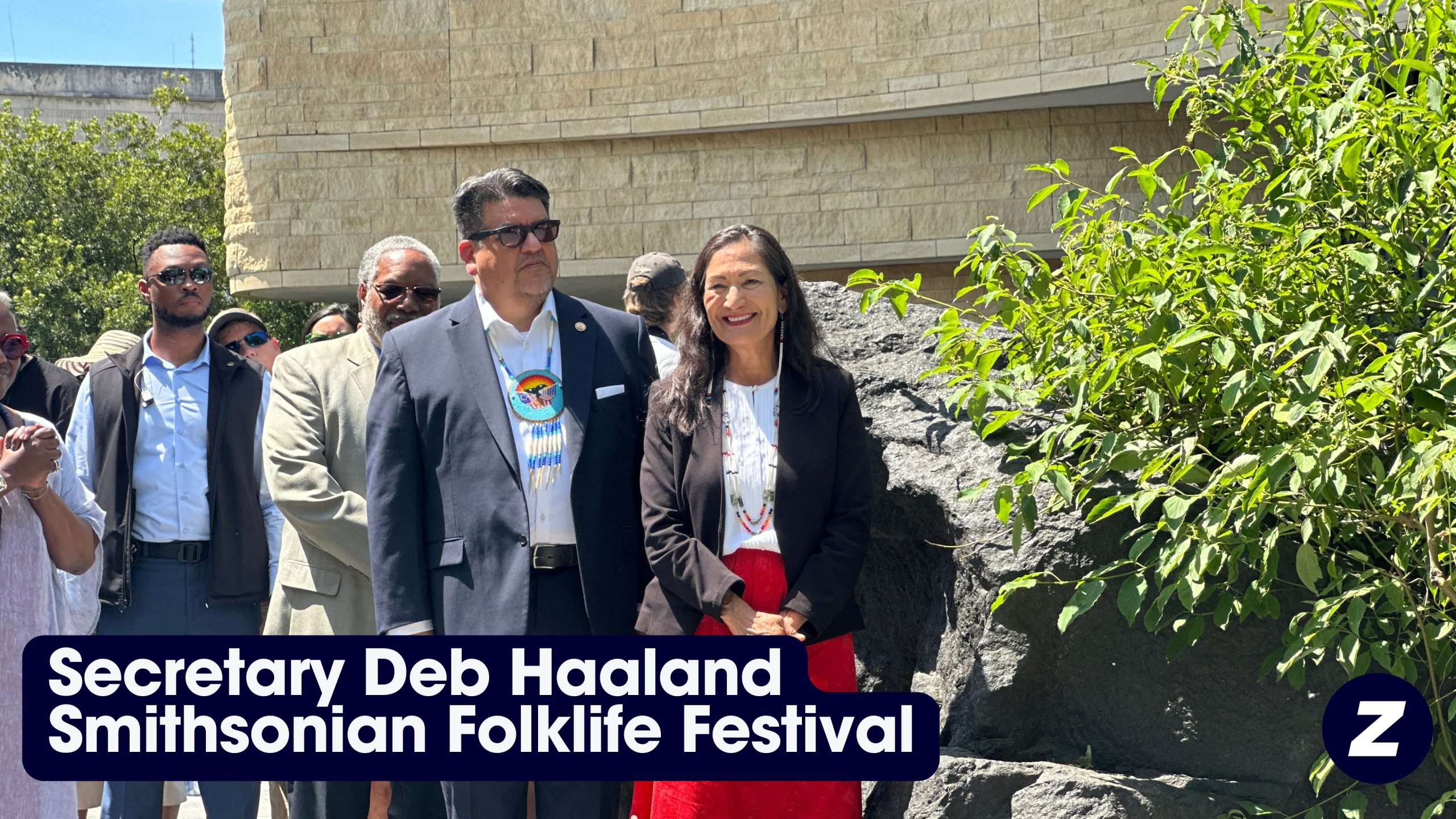Nearly every American has forever chemicals in their body. But information specific to Native people is limited.
Playing college athletics takes more than just a love of sports. To be successful at that level takes years of dedication, focus, and a good deal of talent.
There is a flip side to the narrative about the cultural richness that colonization supposedly brought to California.
Tribes are major employers and big economic contributors to their communities.
A new wildfire appears at least once a week during the most active season, with many leaving lasting implications for tribes and residents.
We, the faculty of Haskell Indian Nations University, wish to address recent reports concerning our university following the congressional hearing held in July 2024.
The University at Buffalo has launched an Indigenous studies major program, the first of its kind within the SUNY system.
As students head back into the classroom, they’ll find many of their fellow classmates are … not there.
With a basis in resistance to institutional authority, anarchy appeals to some politically minded Native people.
Every Labor Day weekend marks a special time for reflection and celebration by the Cherokee people.
Advancing NAFOA’s community together, from students to tribal leaders.
Where is the Altar Stone at Stonehenge from? How was it transported to southern England?
Join Native America Calling to recognize the Yaqui people on the anniversary of a significant battle against Mexican and American forces.
The Oklahoma Indian Gaming Association is hosting its 29th annual conference and trade show in Oklahoma City.
NAFOA stays on top of the news so you always start your week informed and ready.
The Cherokee Nation’s story contains more than our fair share of chapters where we struggled for survival.
The Michigan State University College of Law’s Indian Law Clinic has received funding to continue its work of assisting tribes with enforcement of the law.
“This trauma is not new to Indigenous people,” Secretary Deb Haaland says in a message to survivors of the Indian boarding school era.
“The Department’s concluding report on its investigation into federal Indian boarding school policies is an important next step toward a full accounting of the United States’ systemic effort to erase Native identities, languages, and cultures for its own gain,” said Sen. Brian Schatz (D-Hawaii).
For the first time, the United States is owning up to its role in the deplorable treatment of children at Indian boarding schools.
Amid the fierce competition and colorful pageantry of the largest all-Native basketball tournament in North America, some numbers stood out.
Join Native America Calling to catch up on some important news affecting Native communities.
The Biden administration has released the long-awaited final volume of its investigation into the genocidal Indian boarding school era.
From 1819 until 1969, hundreds of thousands of Native children were forcibly removed from their homes and sent to boarding schools.
Five members of the U.S. Senate took to the floor to call for passage of S.1723, the Truth and Healing Commission on Indian Boarding School Policies Act.
Members of the U.S. Senate speak in support of S.1723, the Truth and Healing Commission on Indian Boarding School Policies Act, on July 24, 2024.
The House Subcommittee on Oversight and Investigations and the House Subcommittee on Higher Education and Workforce Development meet for a joint hearing on Haskell Indian Nations University.
Even before colonial contact, tribal leaders faced life and death decisions, challenges to their authority, and the judgements of their constituency.
The House Subcommittee on Oversight and Investigations and the House Subcommittee on Higher Education and Workforce Development are looking into Haskell Indian Nations University.
Indian Country is set for a busy week in the nation’s capital, coming after the GOP convention and the end of Democratic President Joe Biden’s re-election campaign.
A federal judge is weighing a decision that the Winnebago Tribe hopes will set a strong precedent at one of the most infamous Indian boarding schools in the nation.
A Republican politician who derided Indigenous Peoples’ Day as “fake” is Donald Trump’s running mate.
From the mid-seventeenth century till the early twentieth century, Indian boarding schools were used as a tool to assimilate Native children away from their rich culture.
A bill to create a Truth and Healing Commission on Indian boarding schools is moving forward in Congress.
Republican leaders in Congress are investigating numerous allegations of misconduct at Haskell Indian Nations University.
What’s on The Menu? Join Native America Calling for more on Alaska Native food, gardening and a new Bureau of Indian Education program.
For the first time in the history of the Smithsonian Folklife Festival, the multi-day celebration in the nation’s capital focuses entirely on Indigenous peoples.
Halena Kapuni-Reynolds opens the Smithsonian Folklife Festival with a Native Hawaiian welcome on June 26, 2024.
National Museum of the American Indian Director Cynthia Chavez Lamar delivers remarks at the opening of the Smithsonian Folklife Festival on June 26, 2024.
Secretary of the Deb Haaland delivers remarks at the opening of the Smithsonian Folklife Festival on June 26, 2024.
Advertisement
